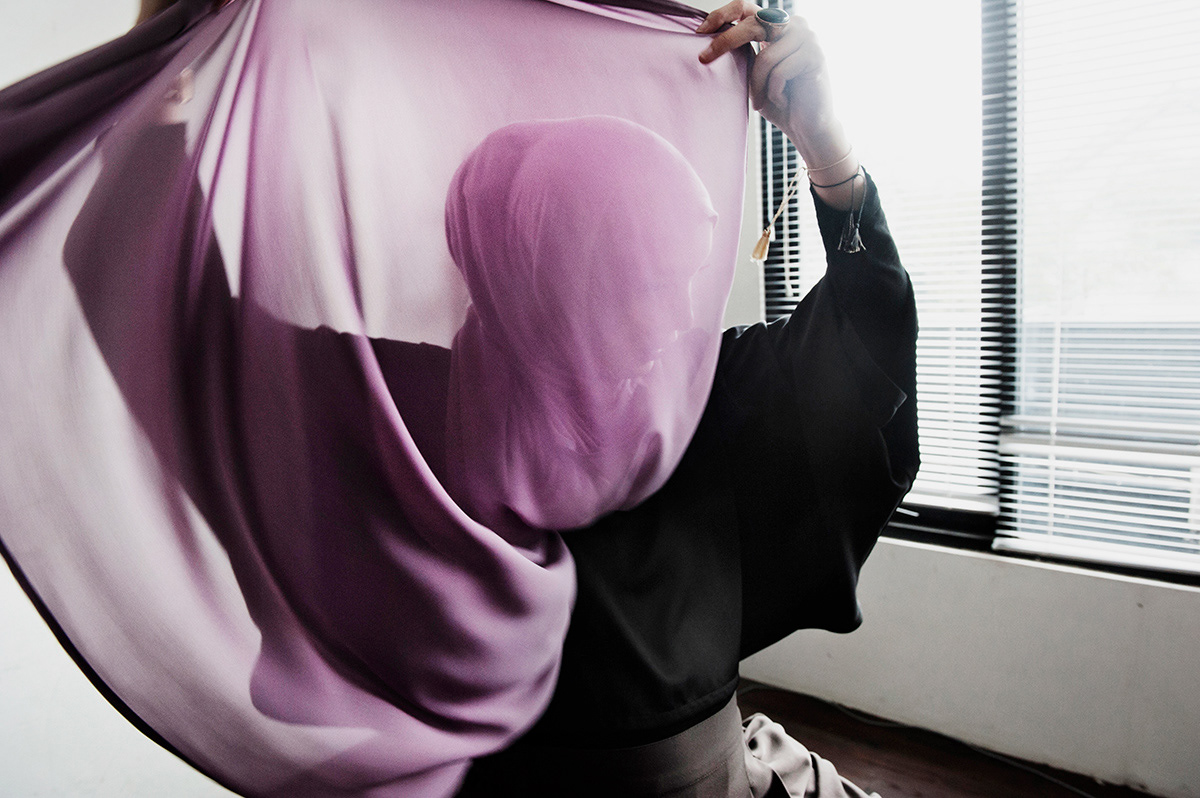
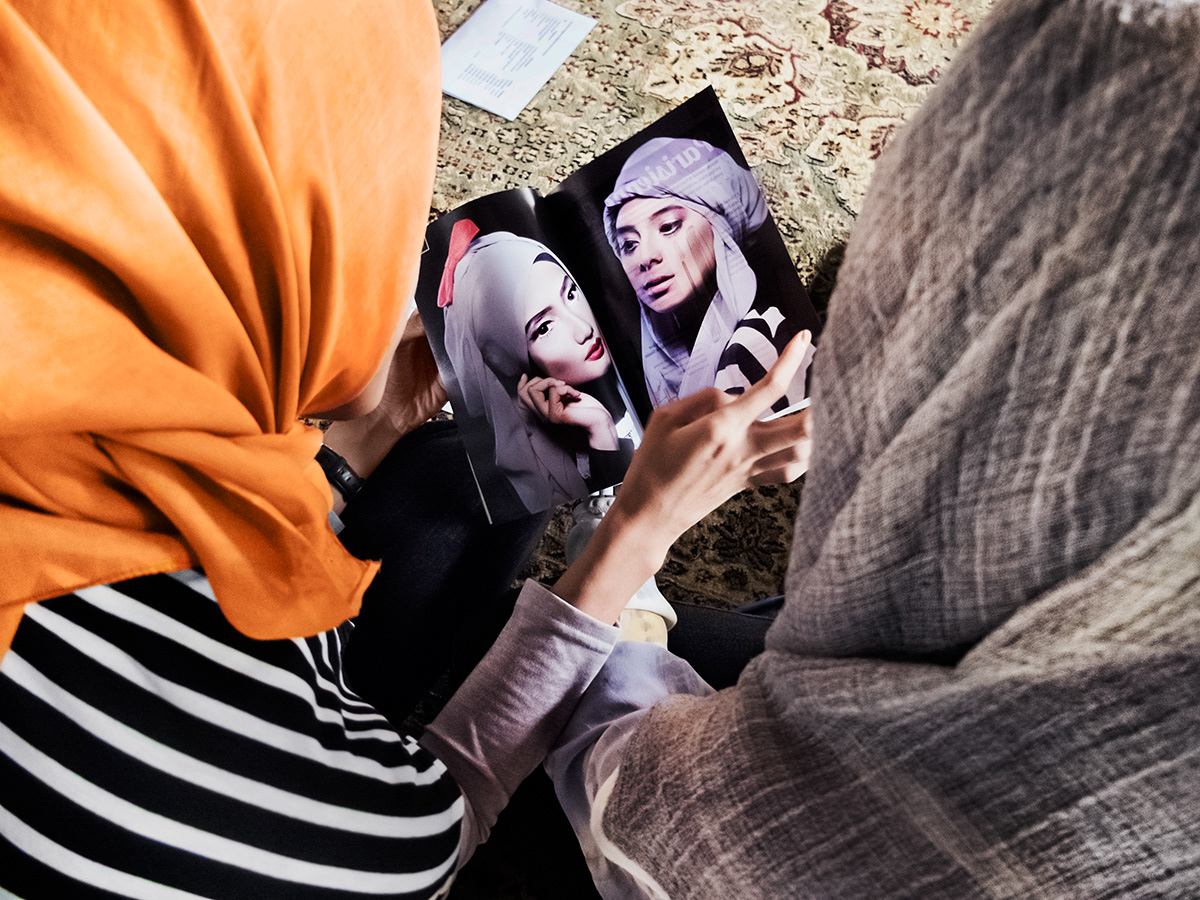
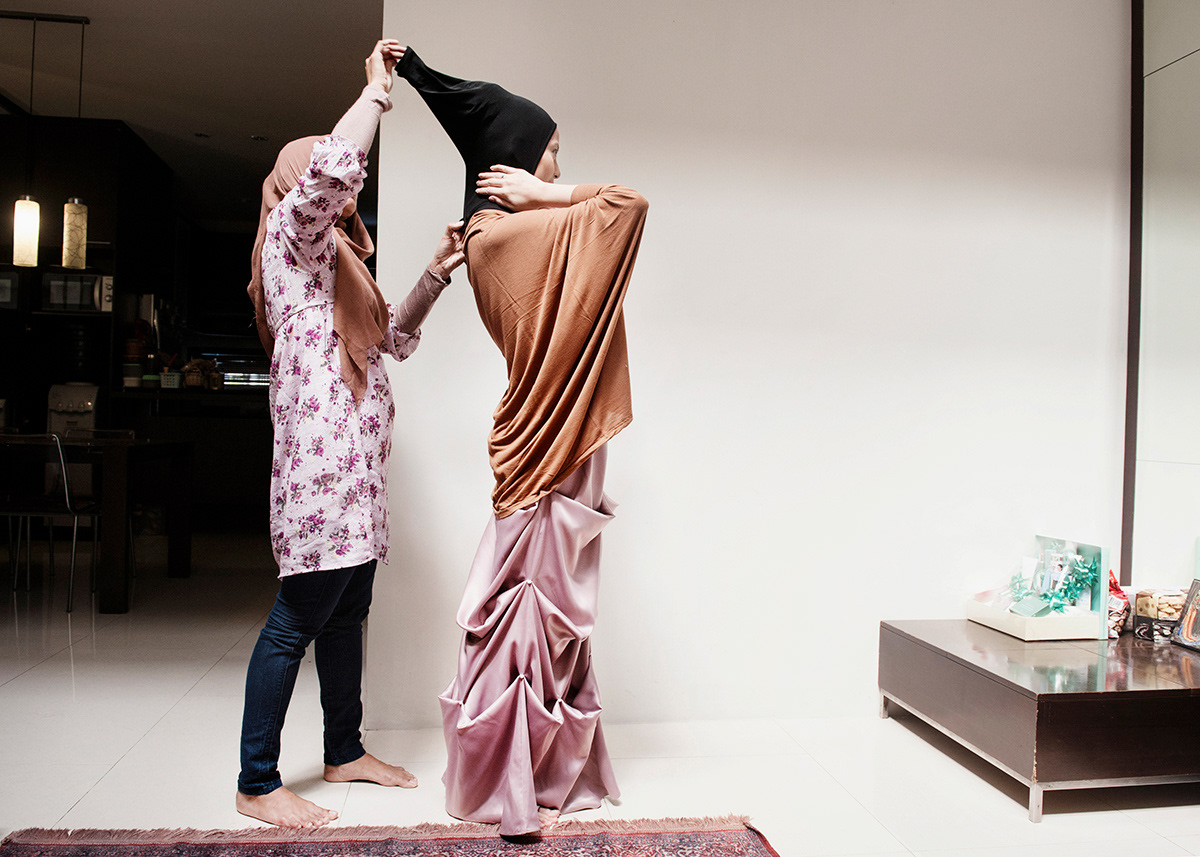
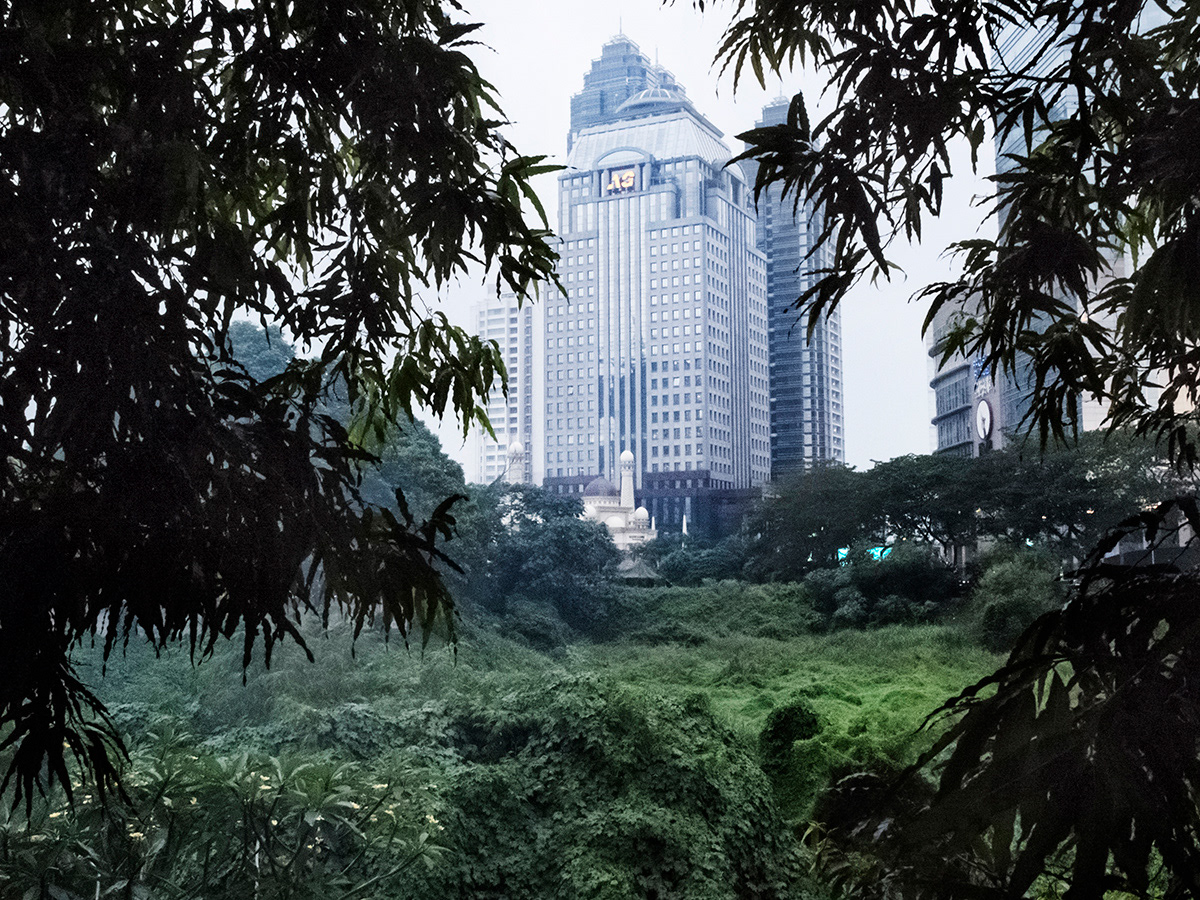
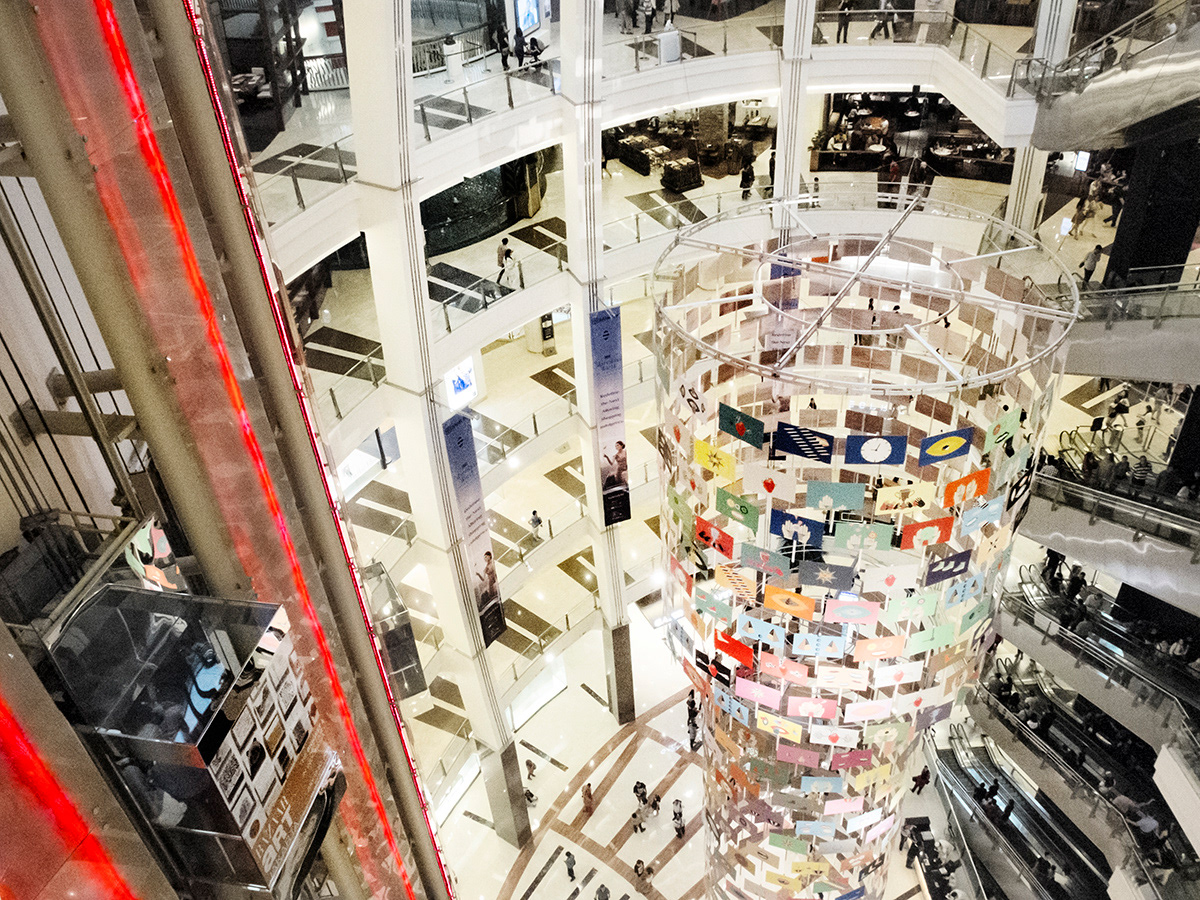
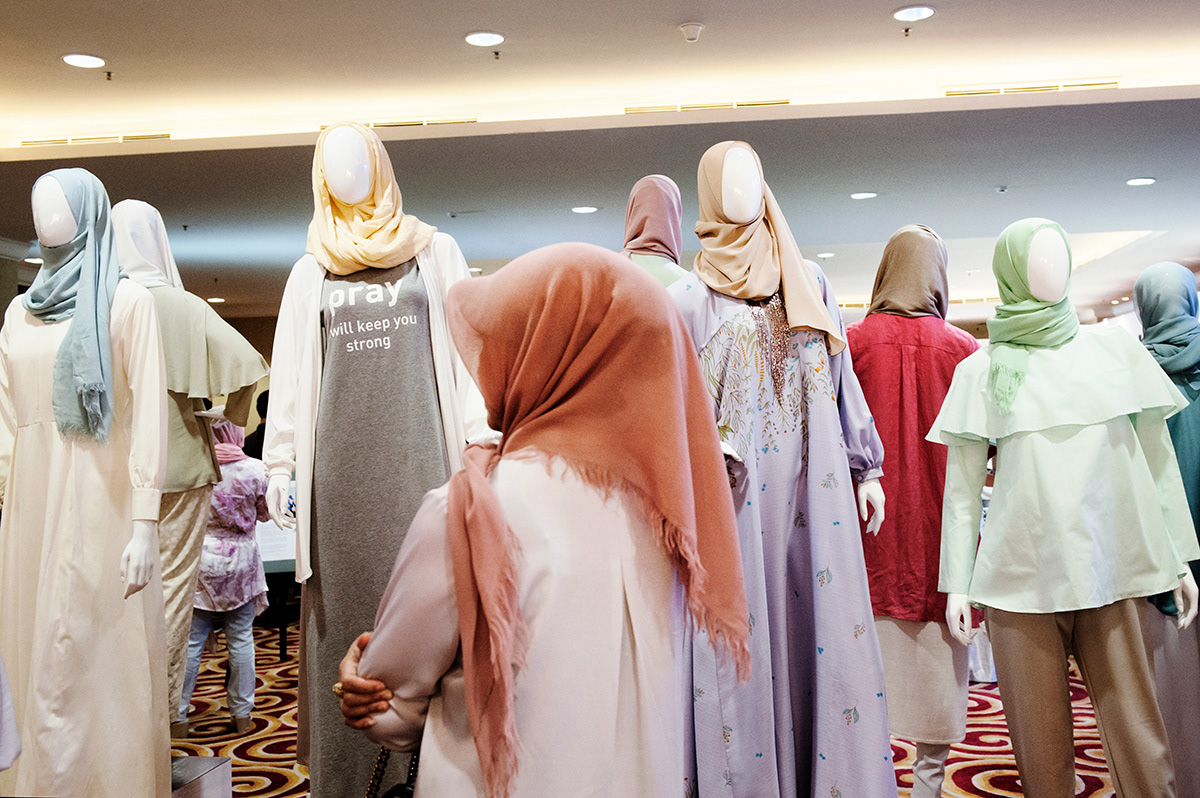
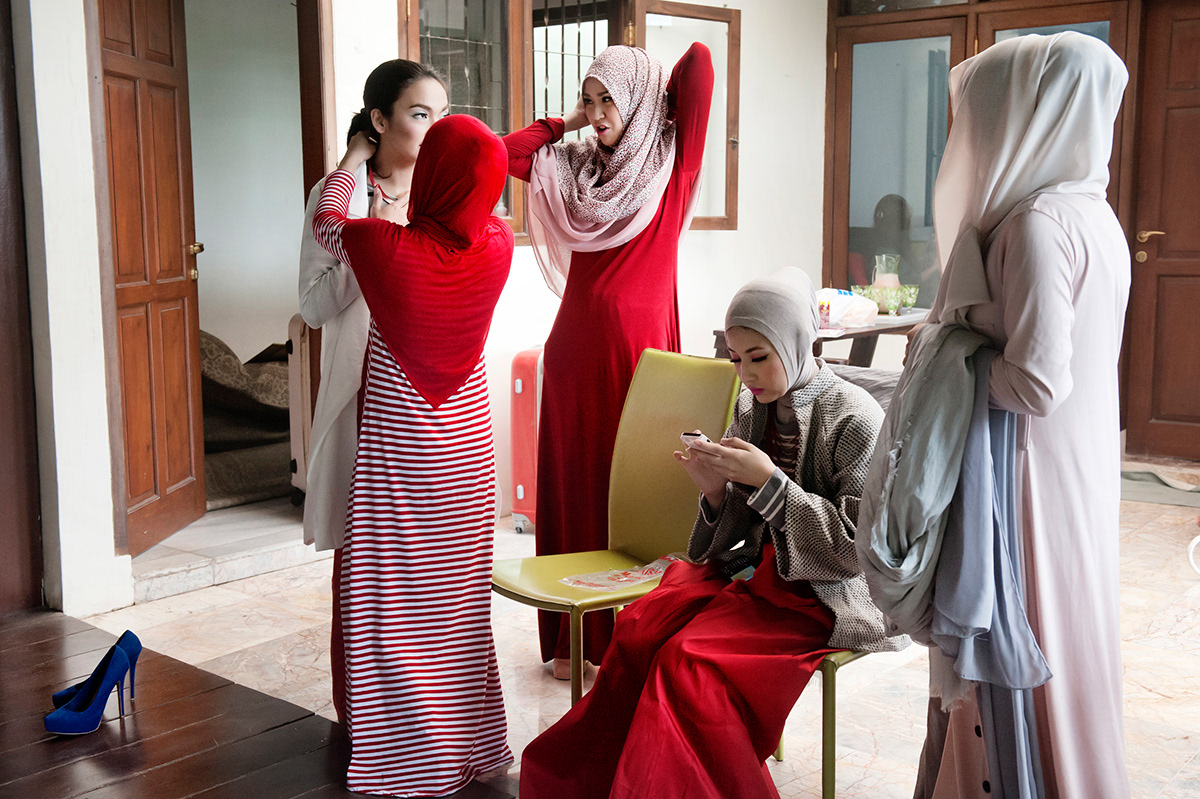
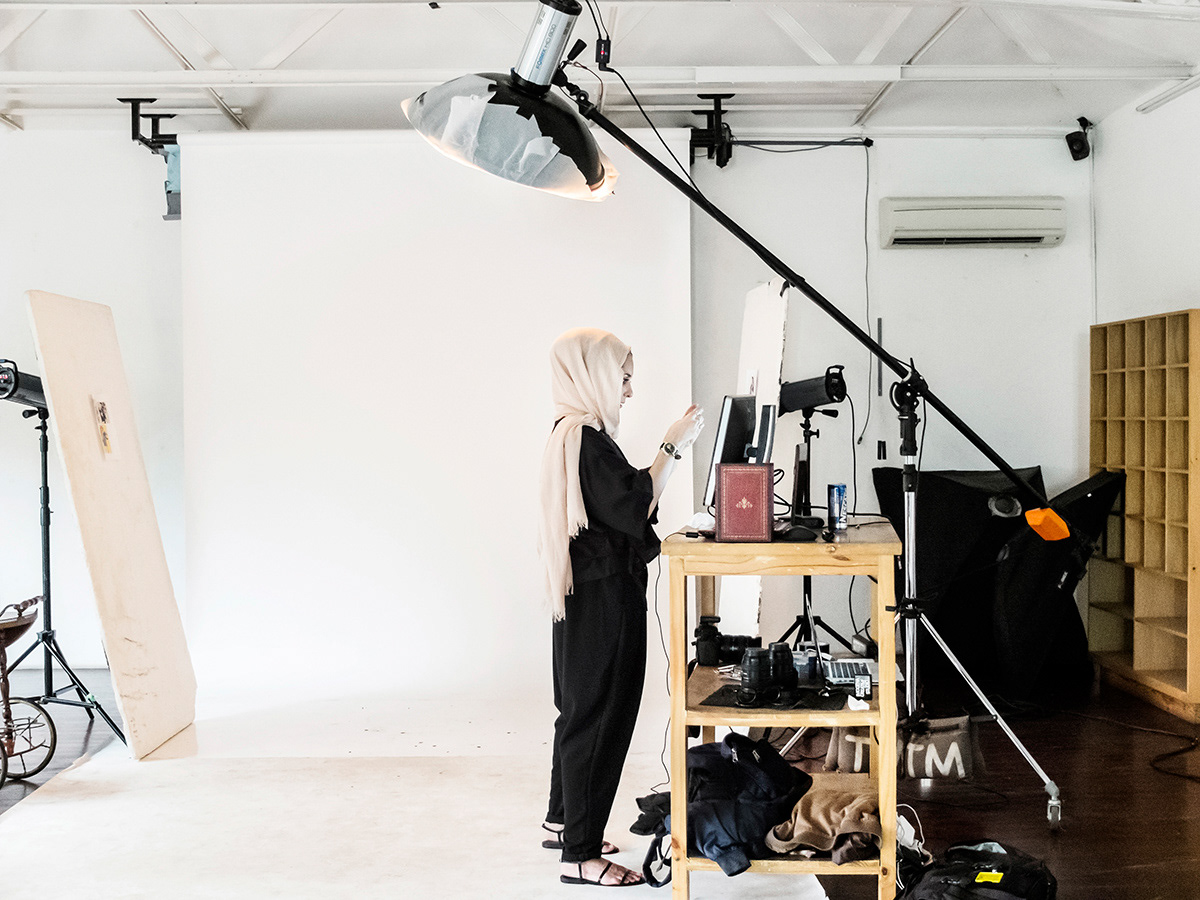
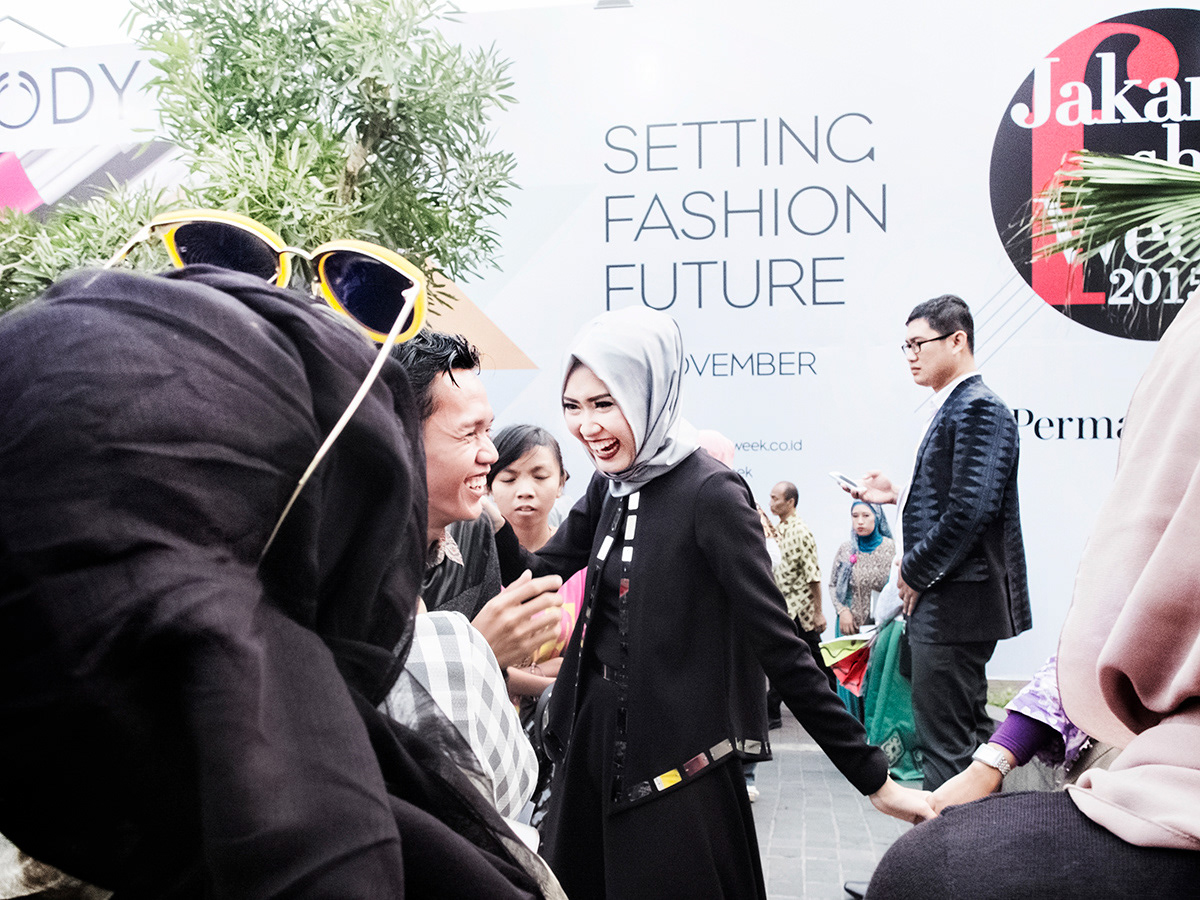
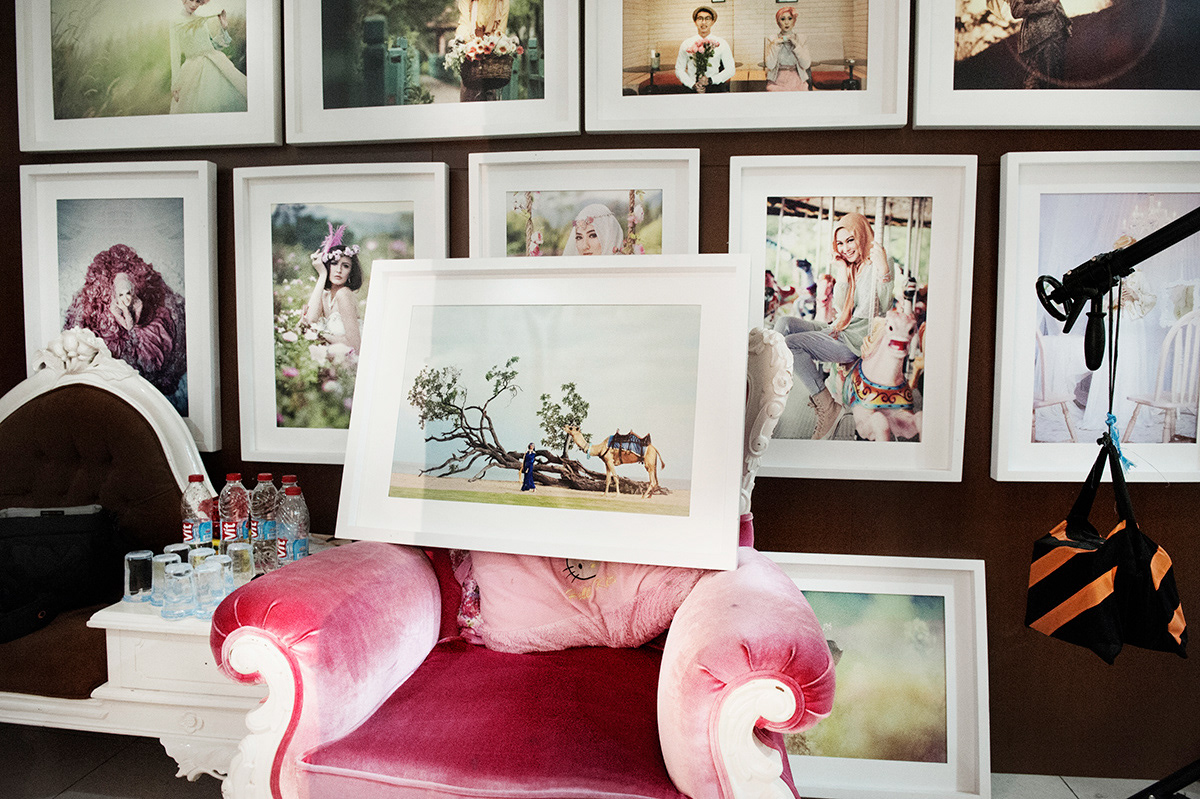
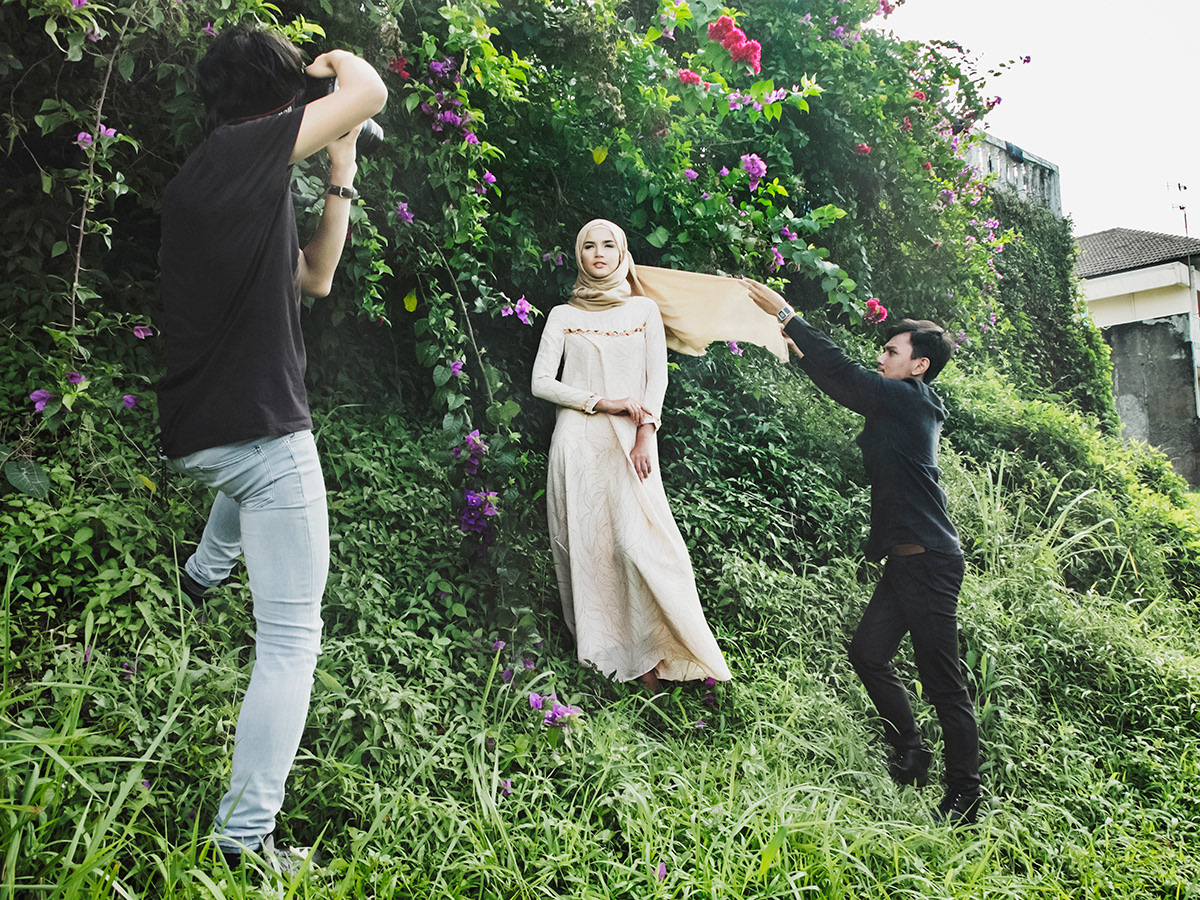
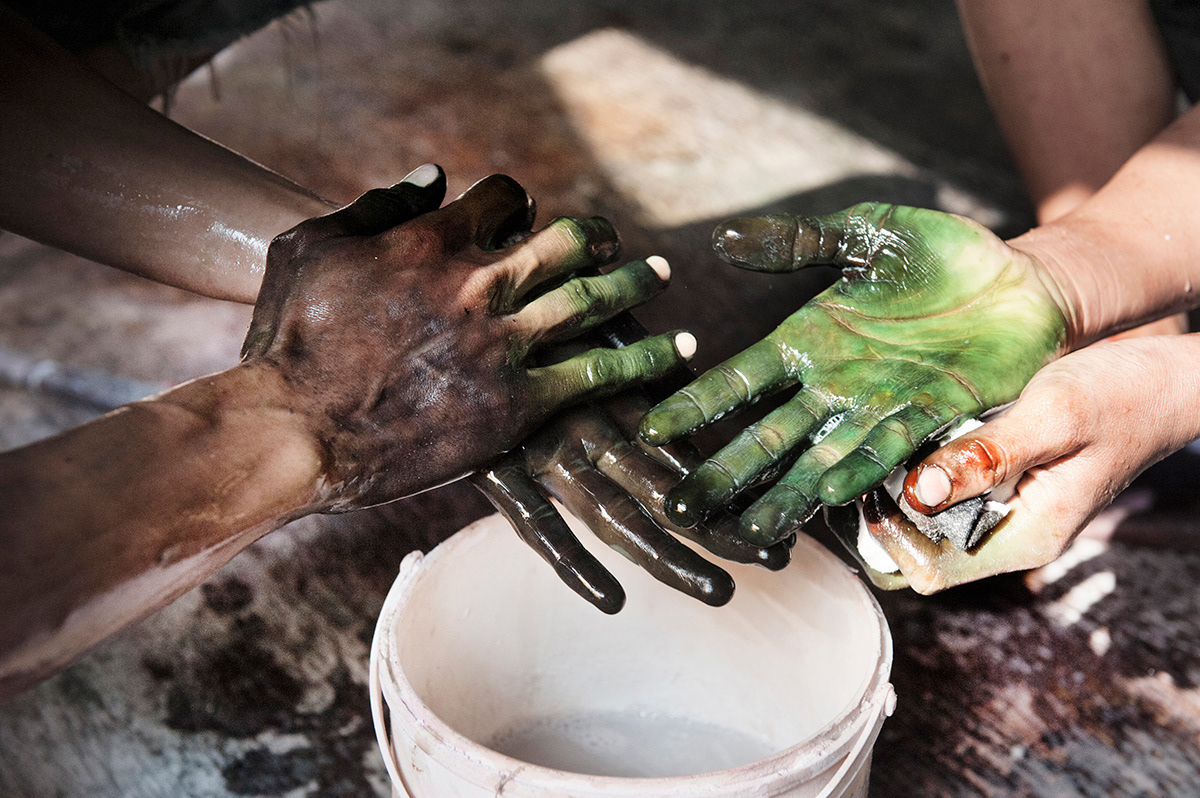
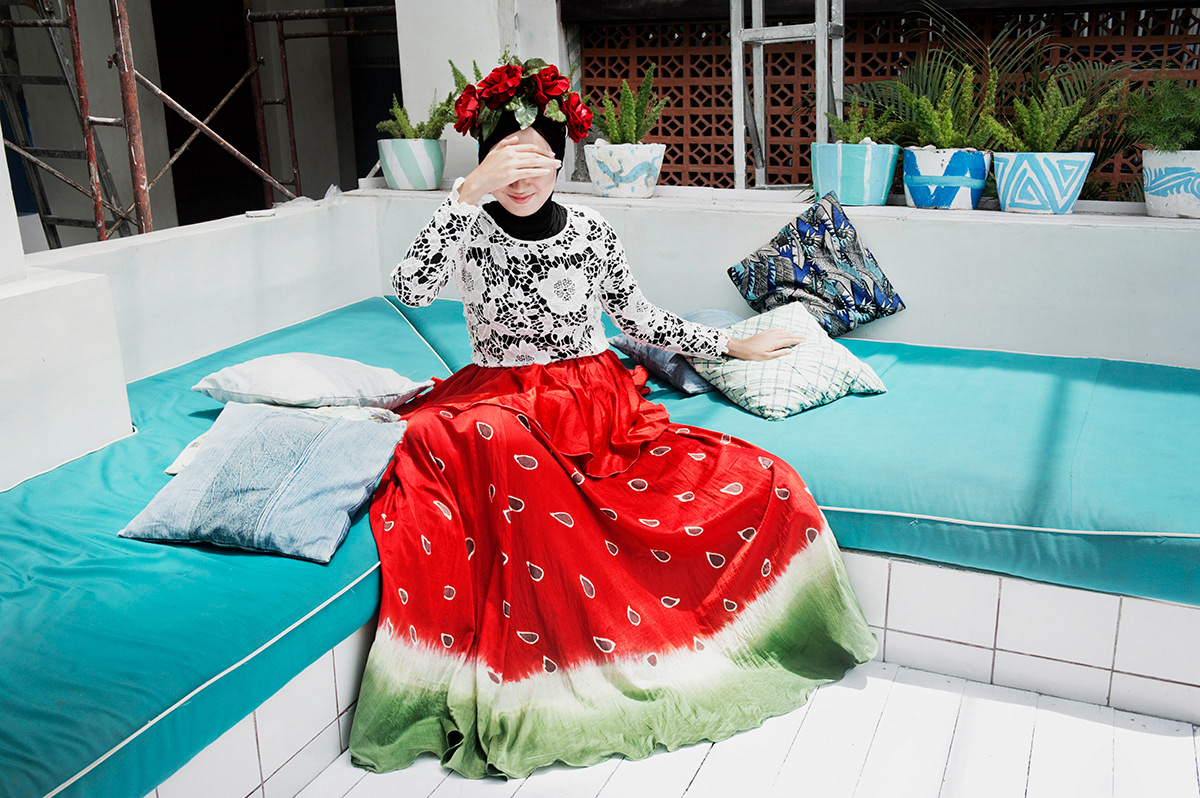
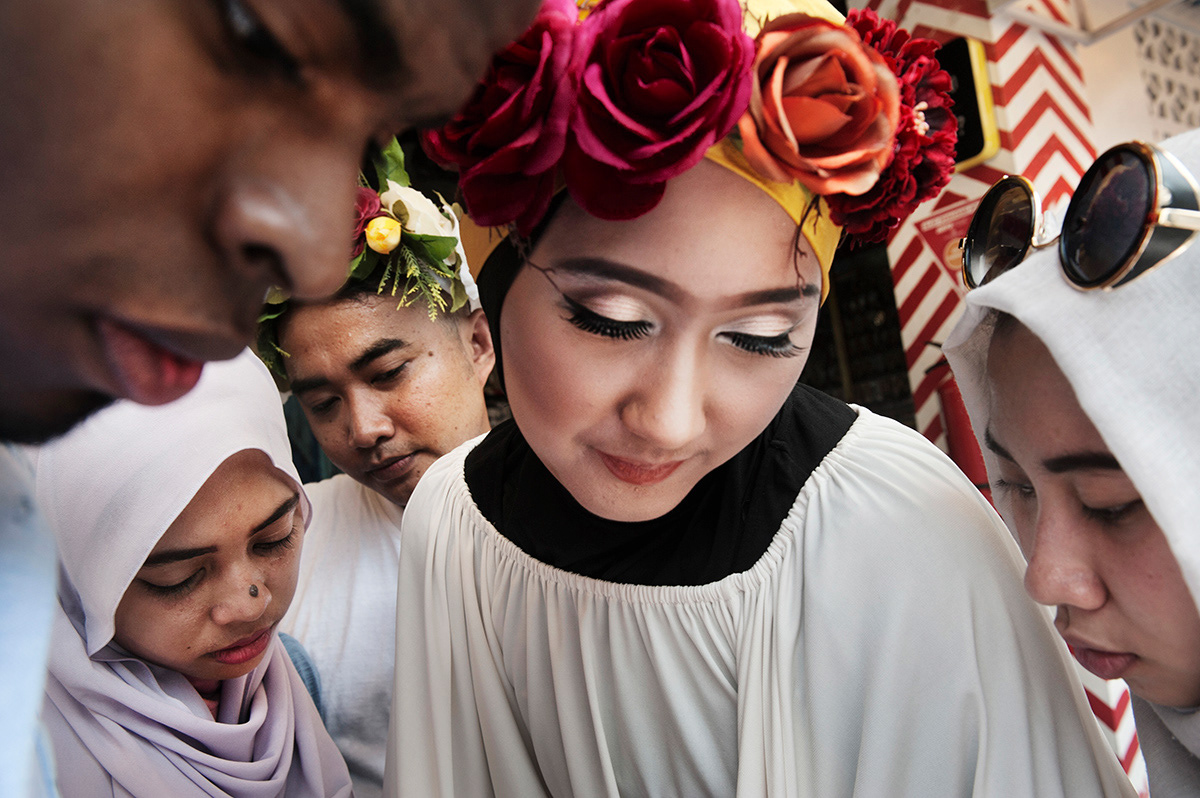
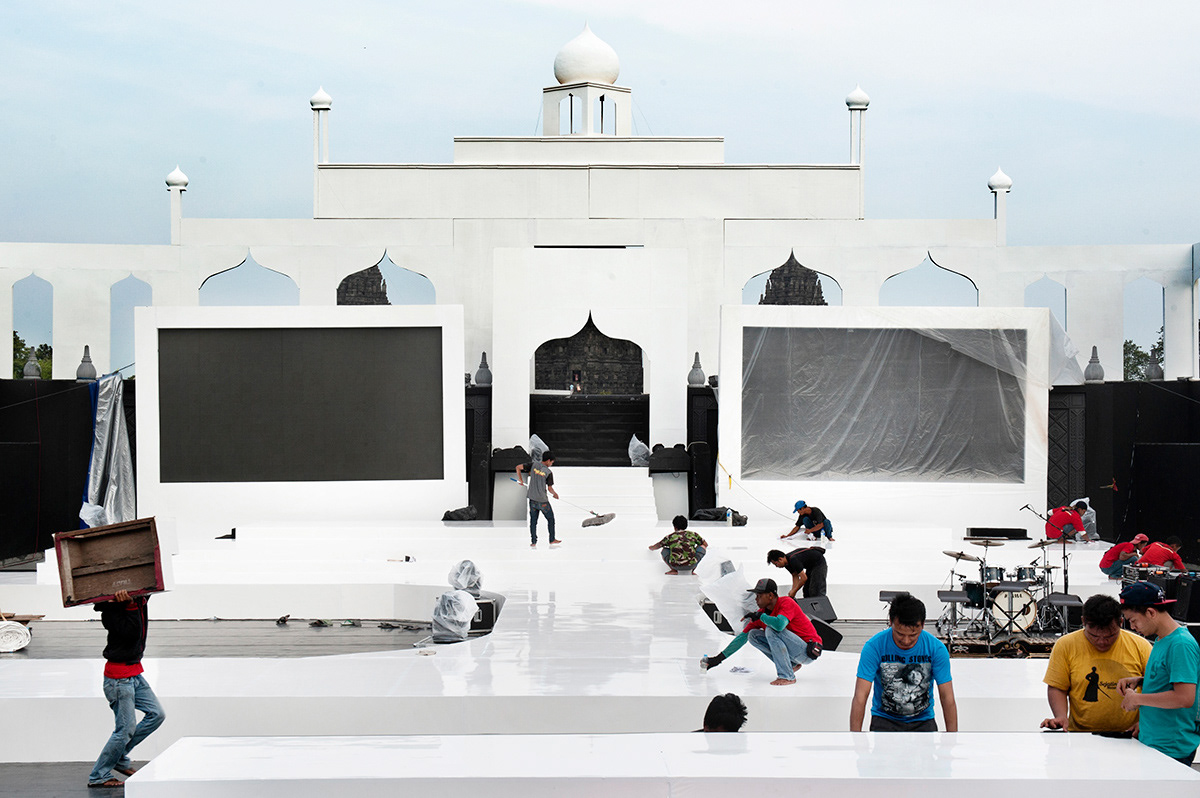
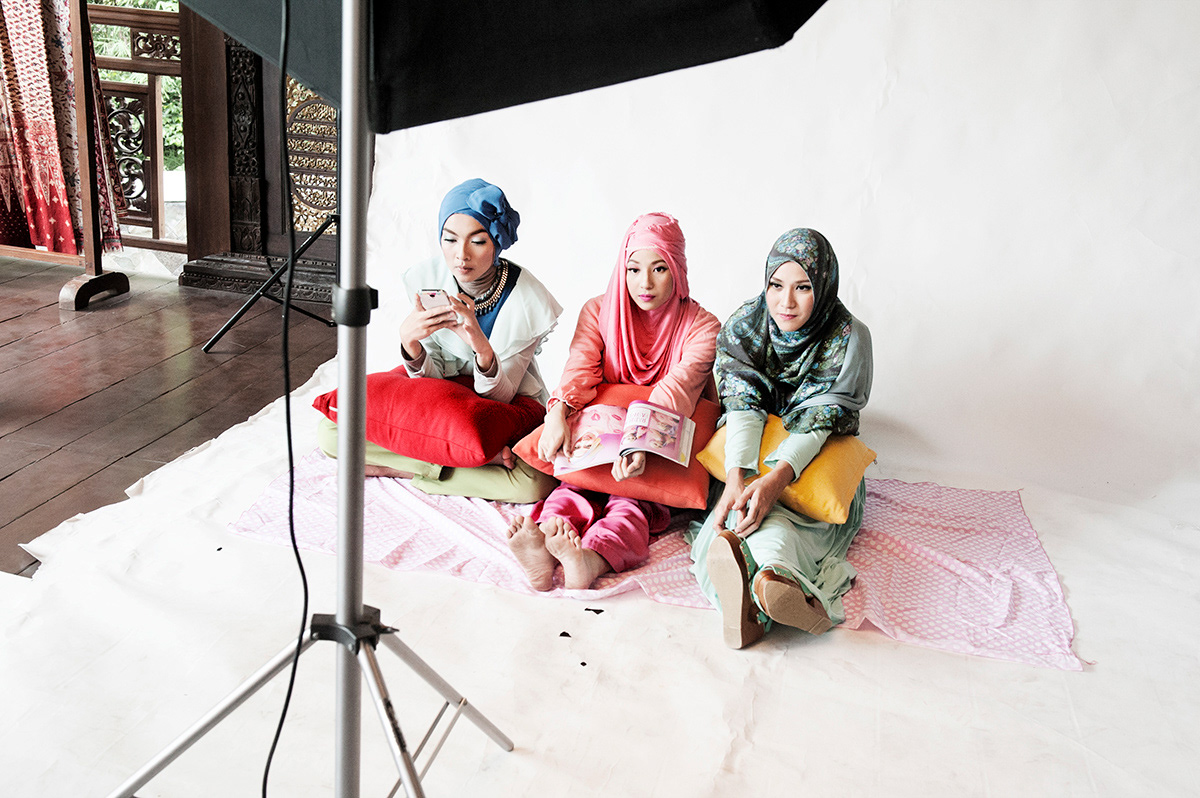
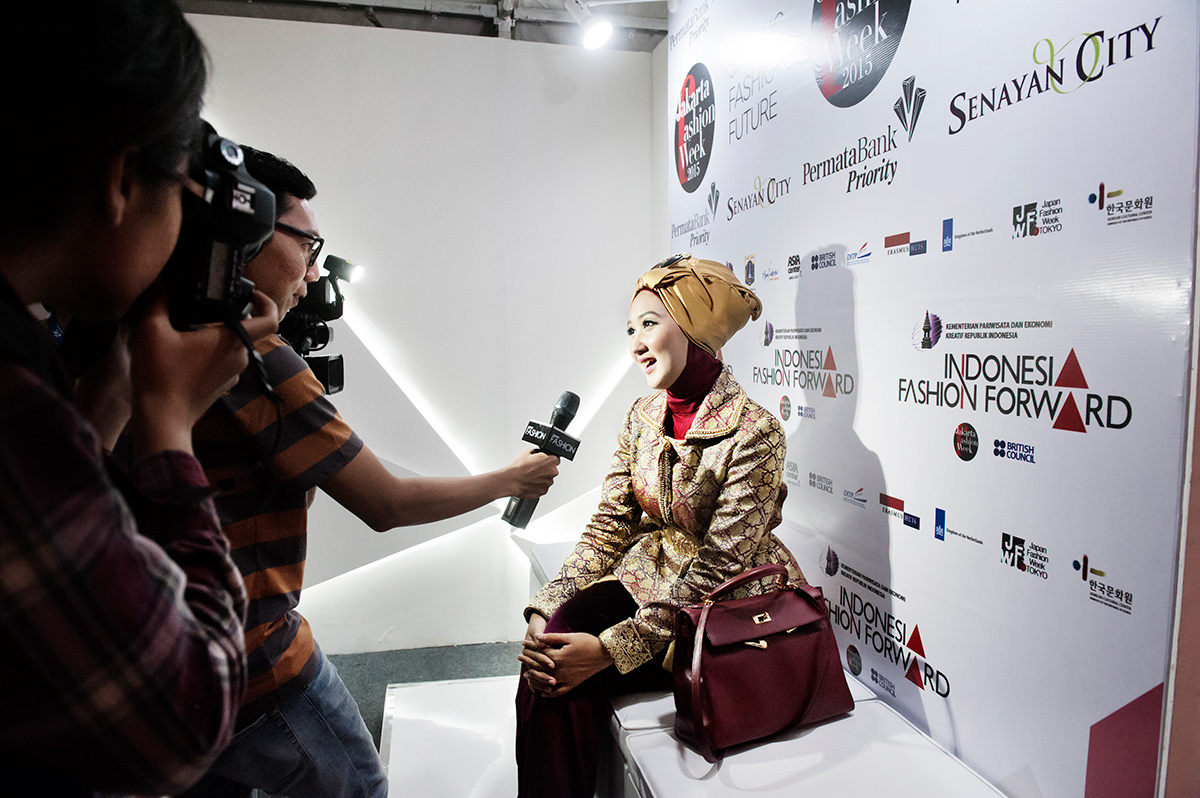
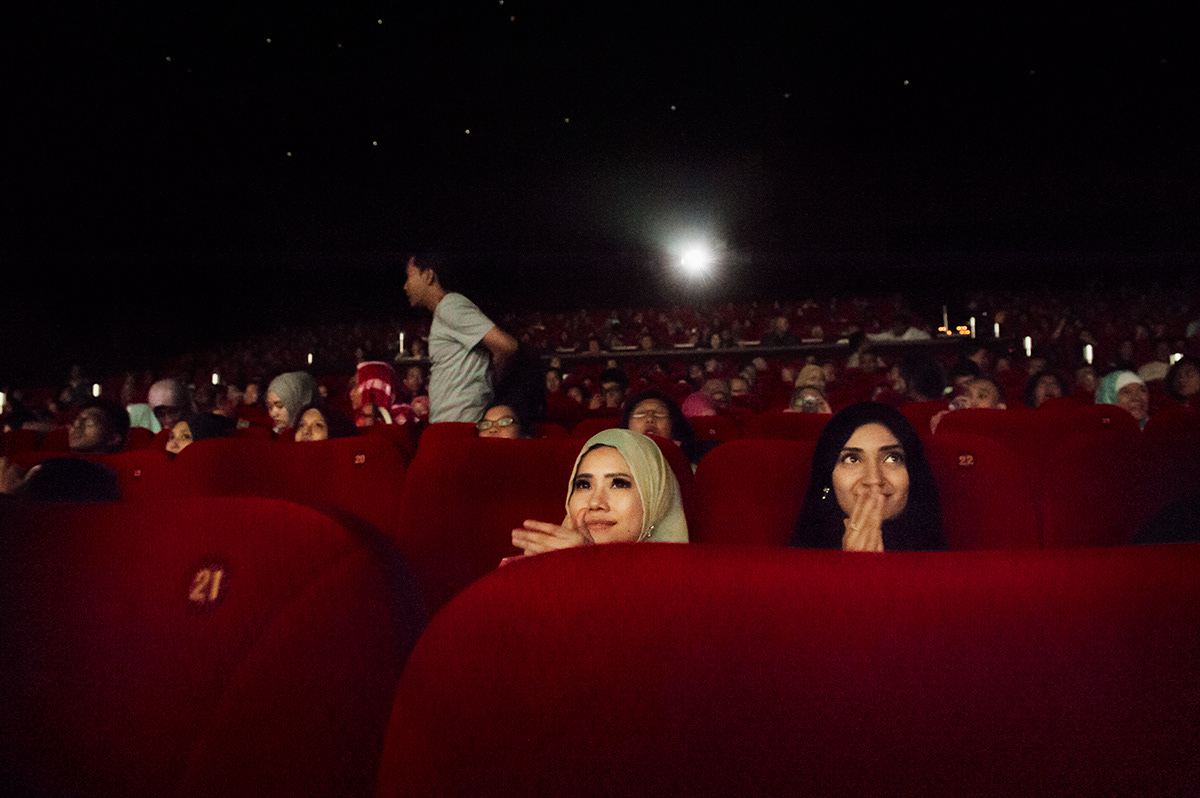
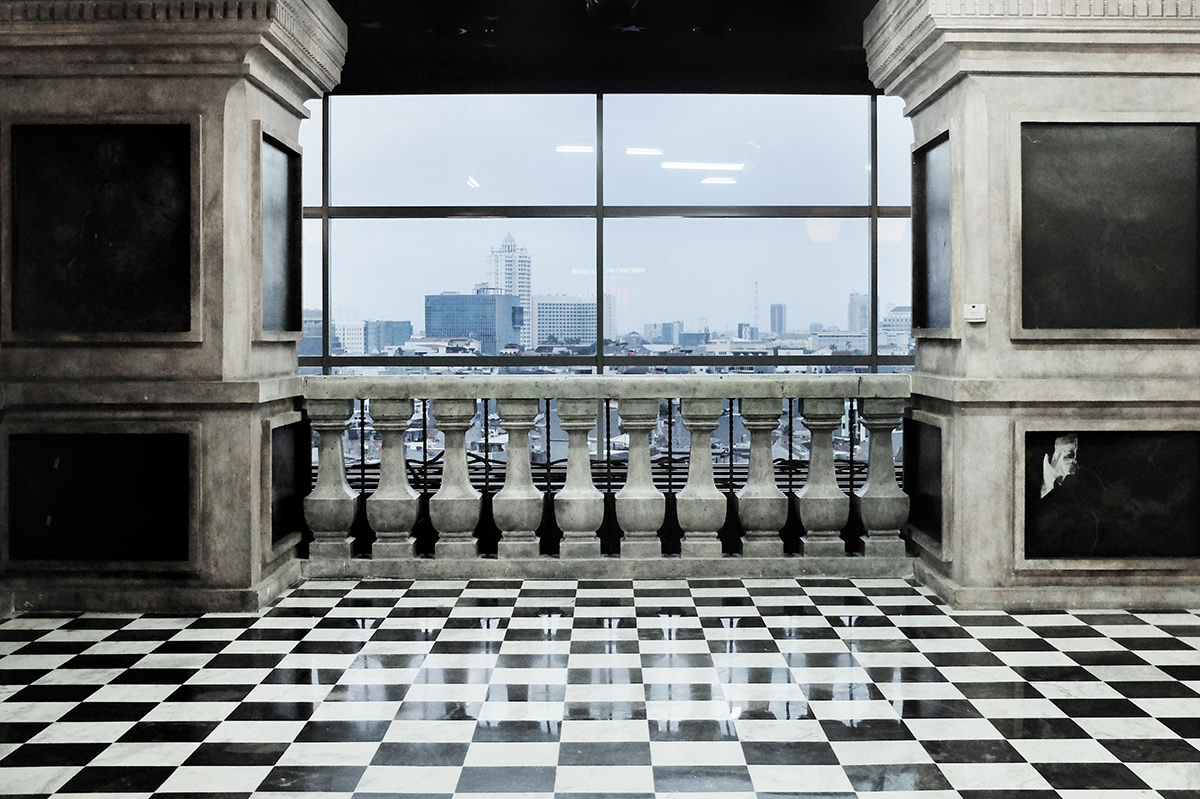
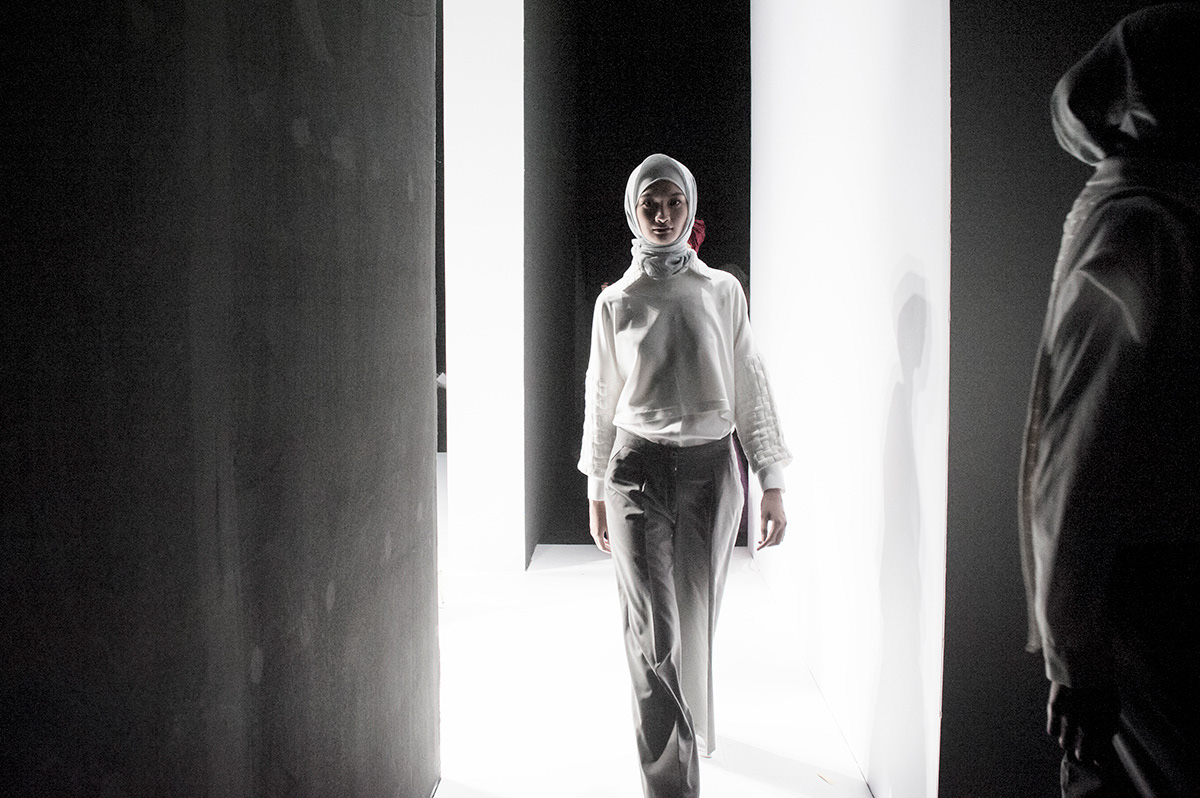
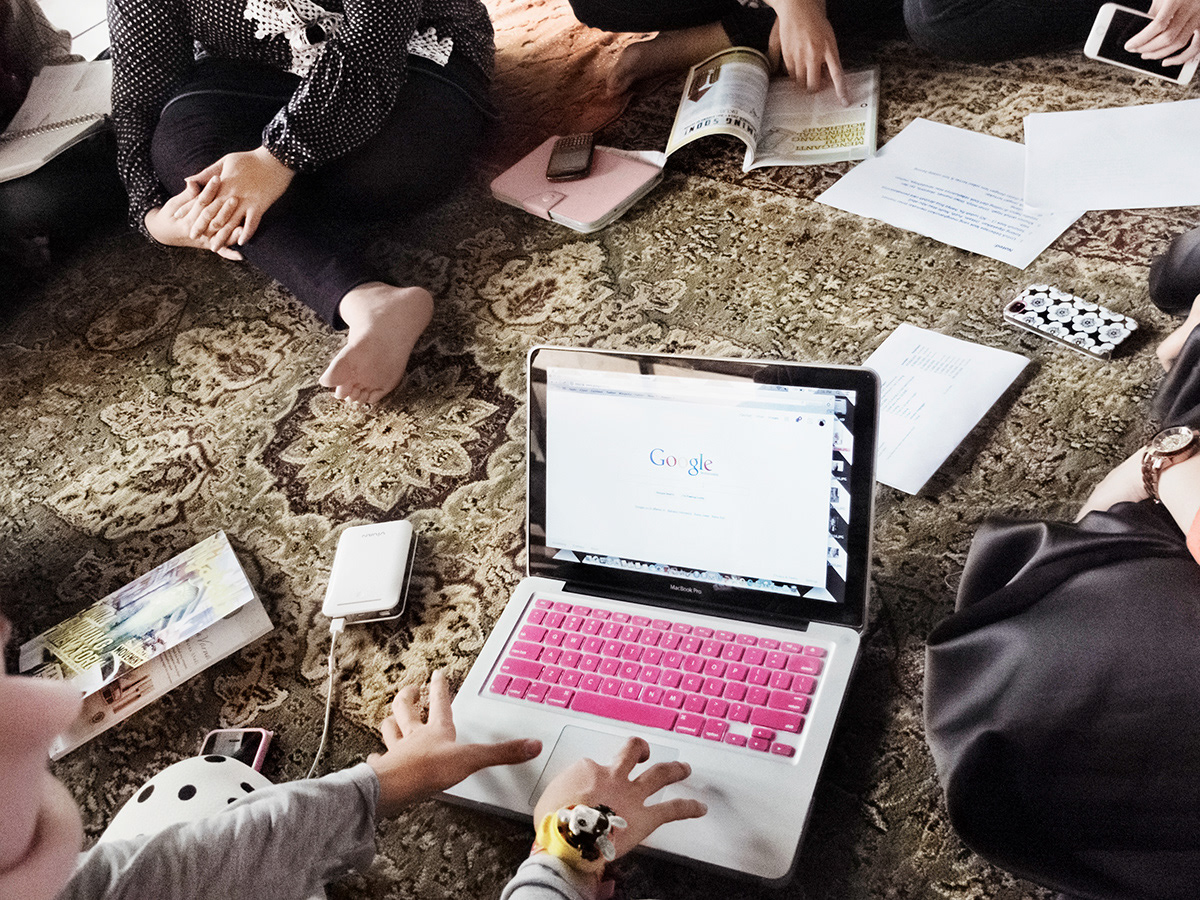
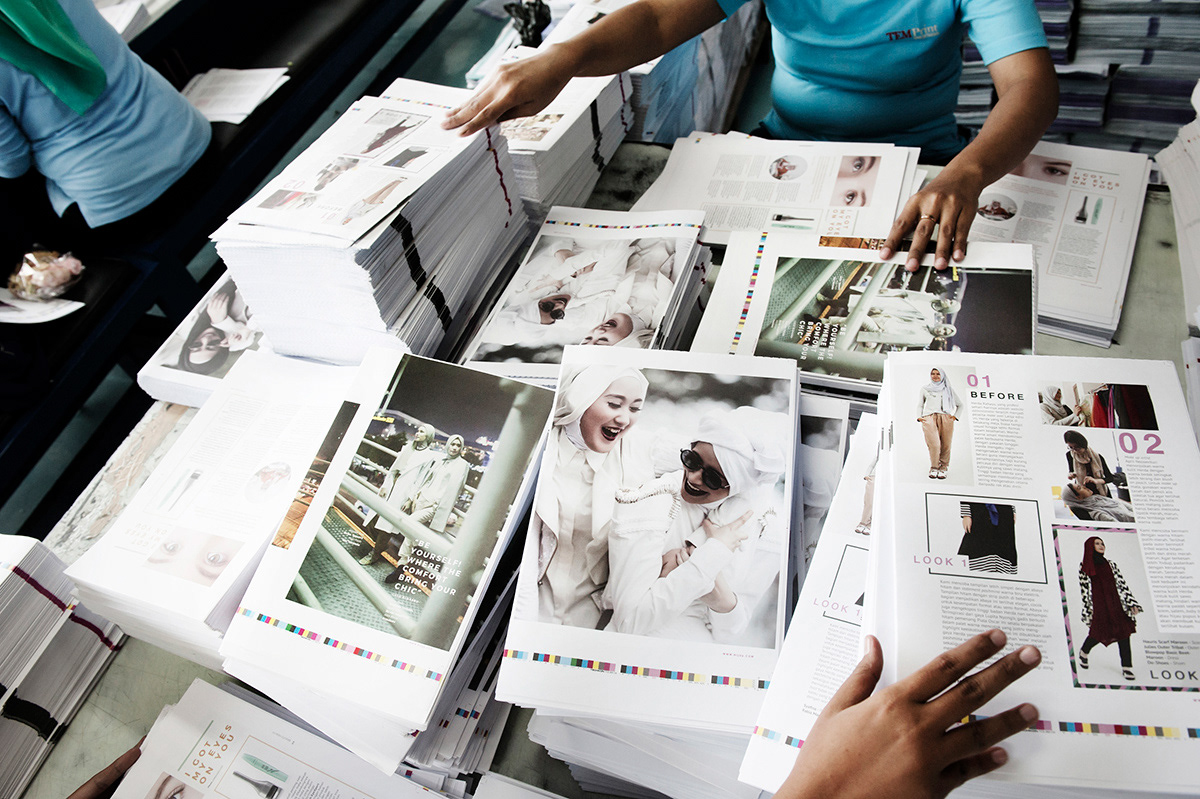
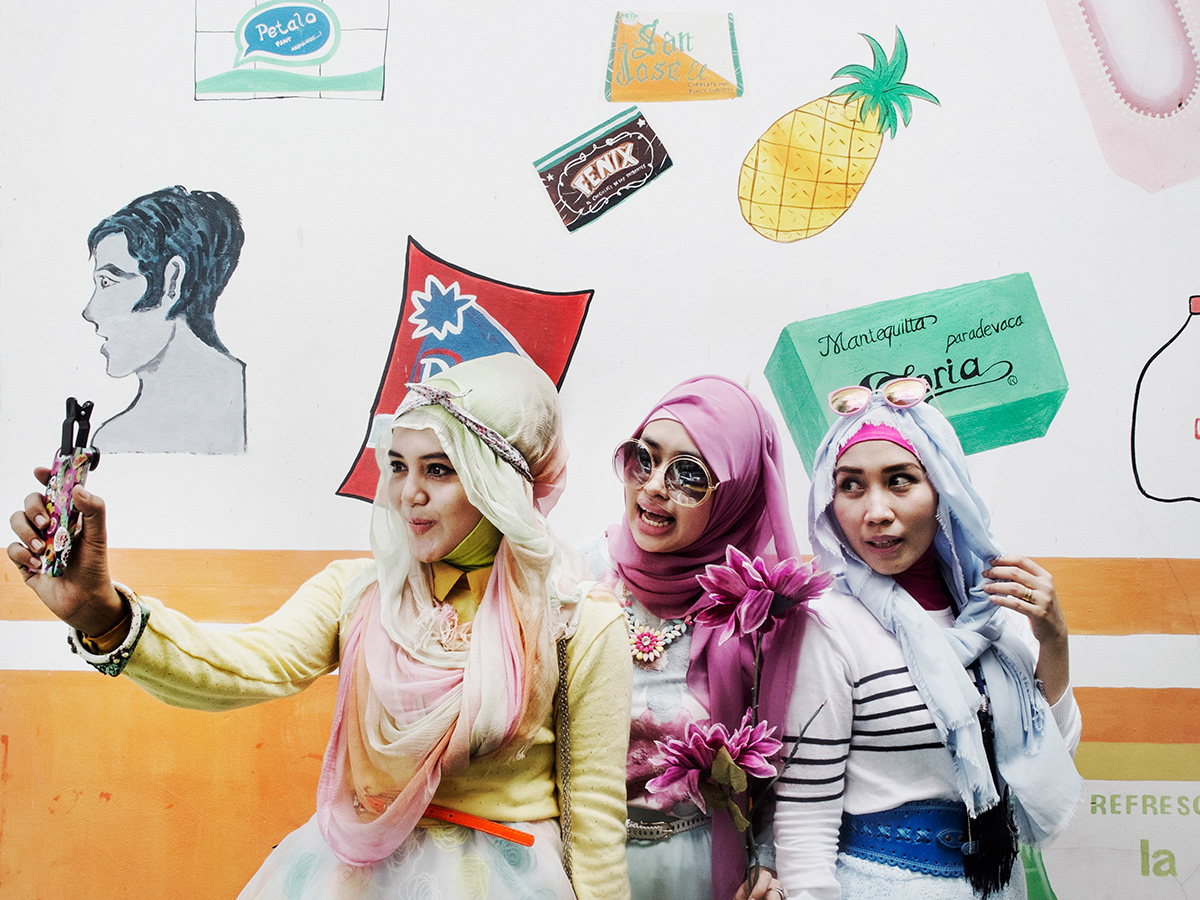
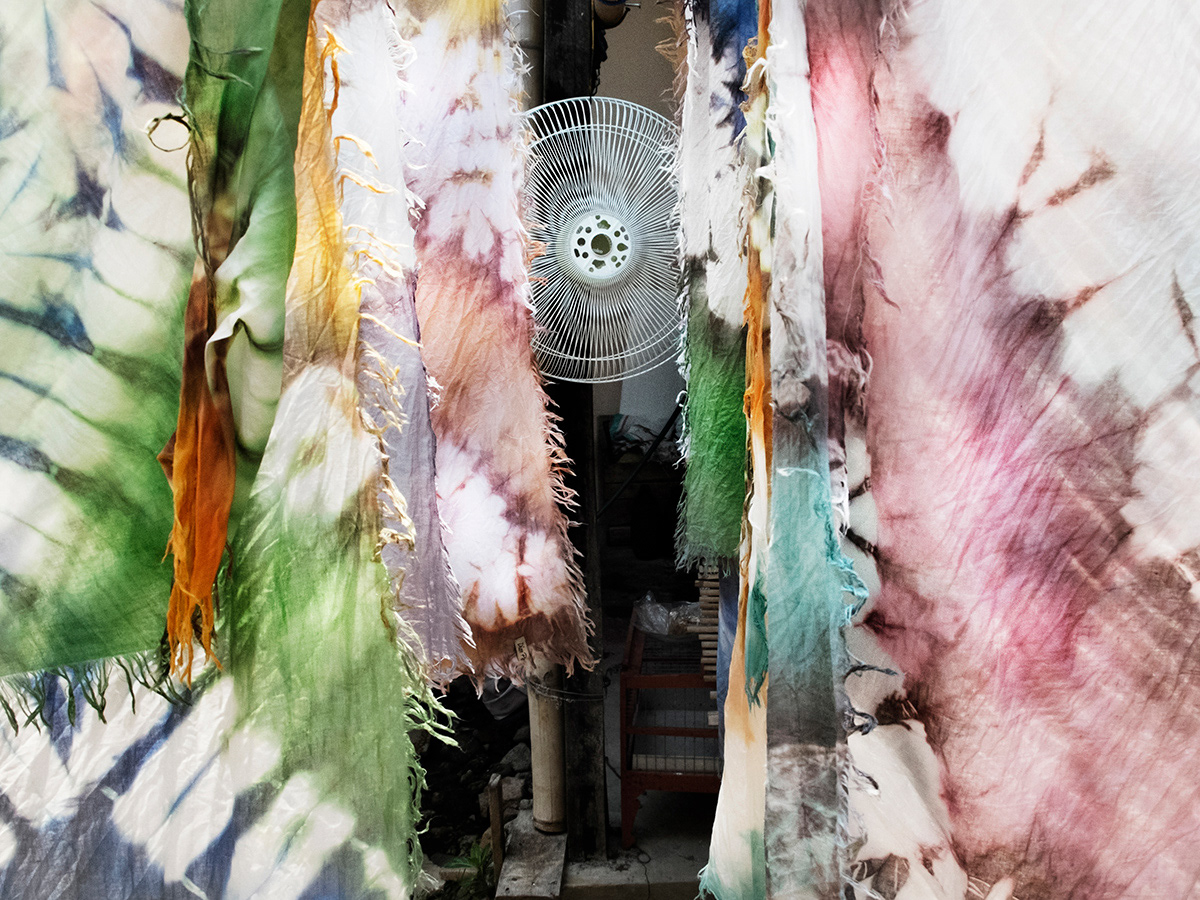
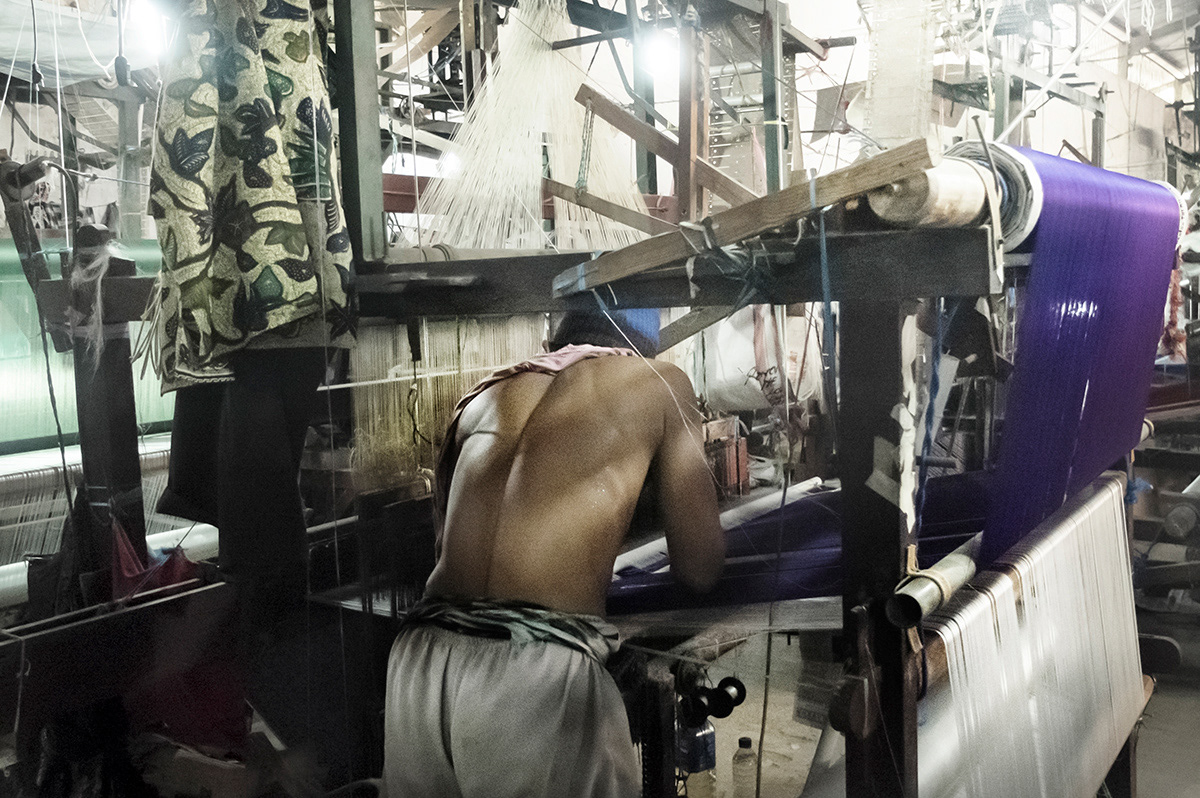
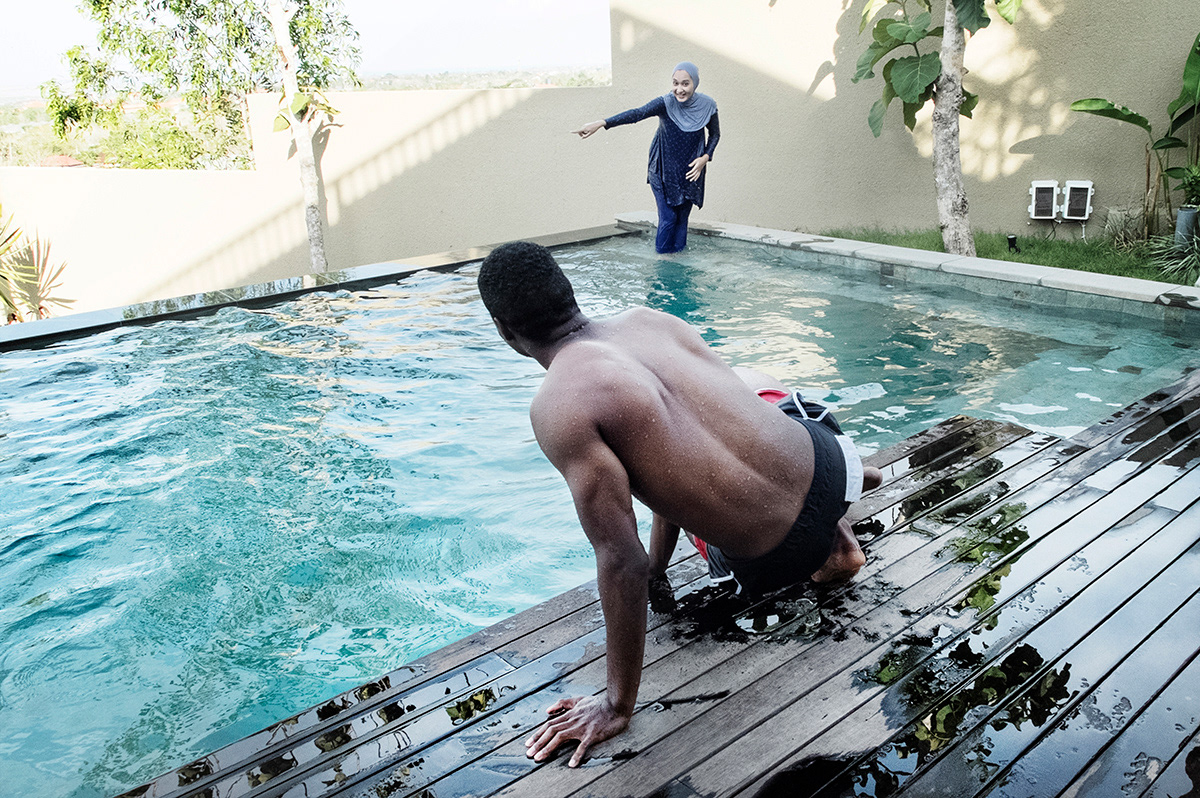
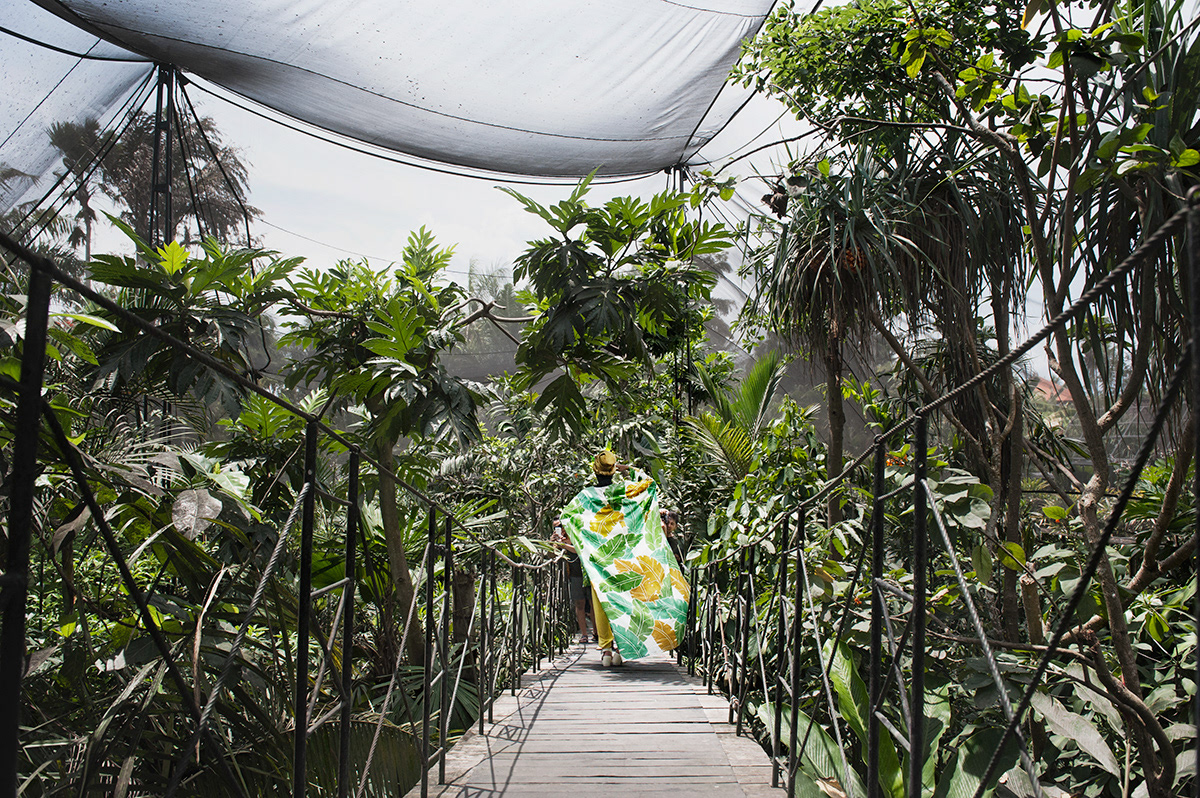
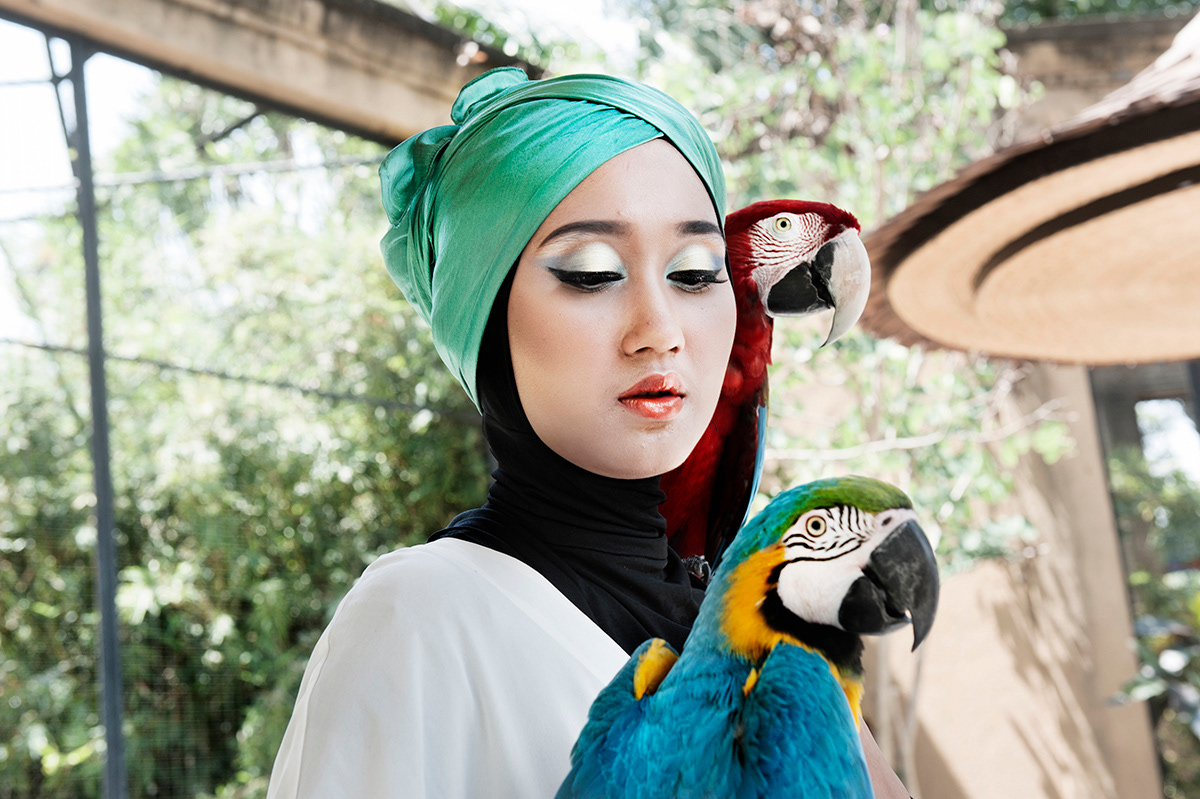
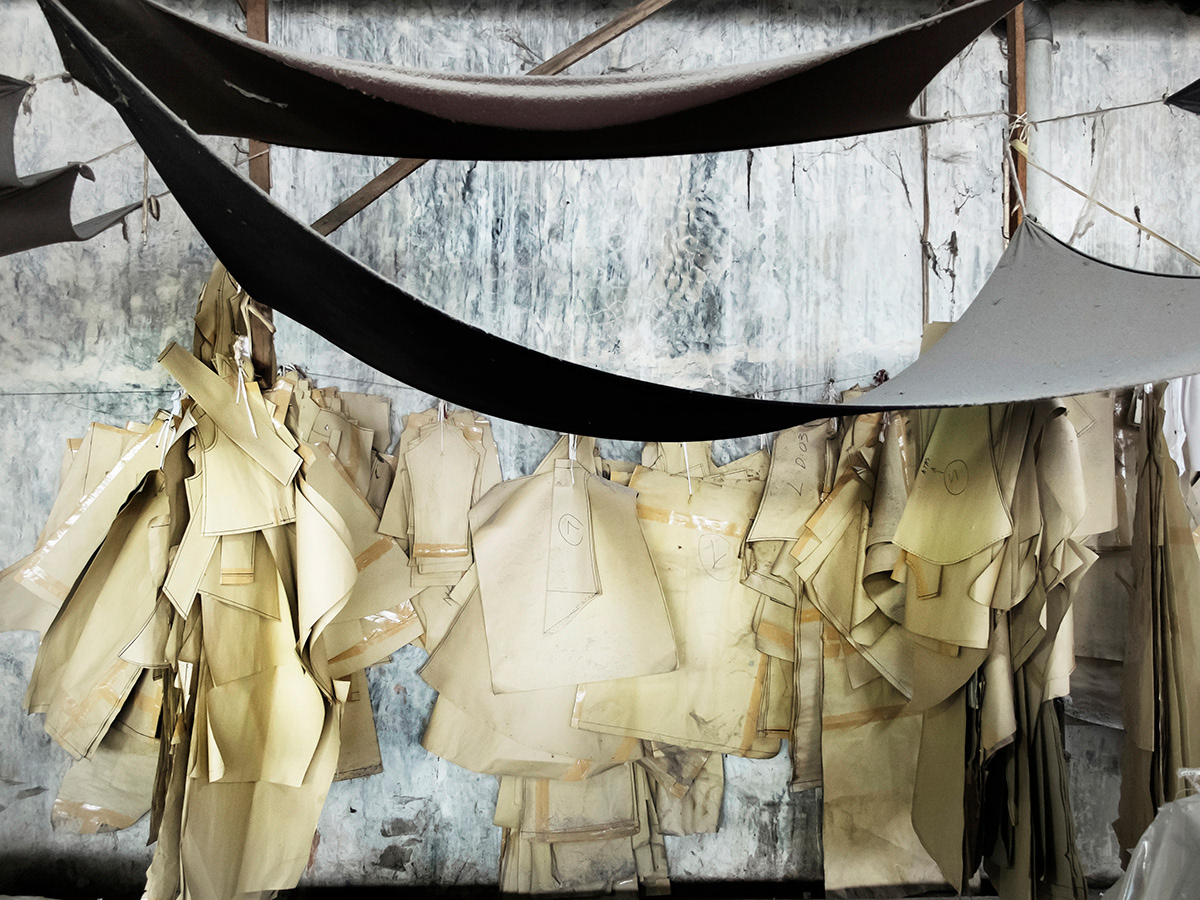
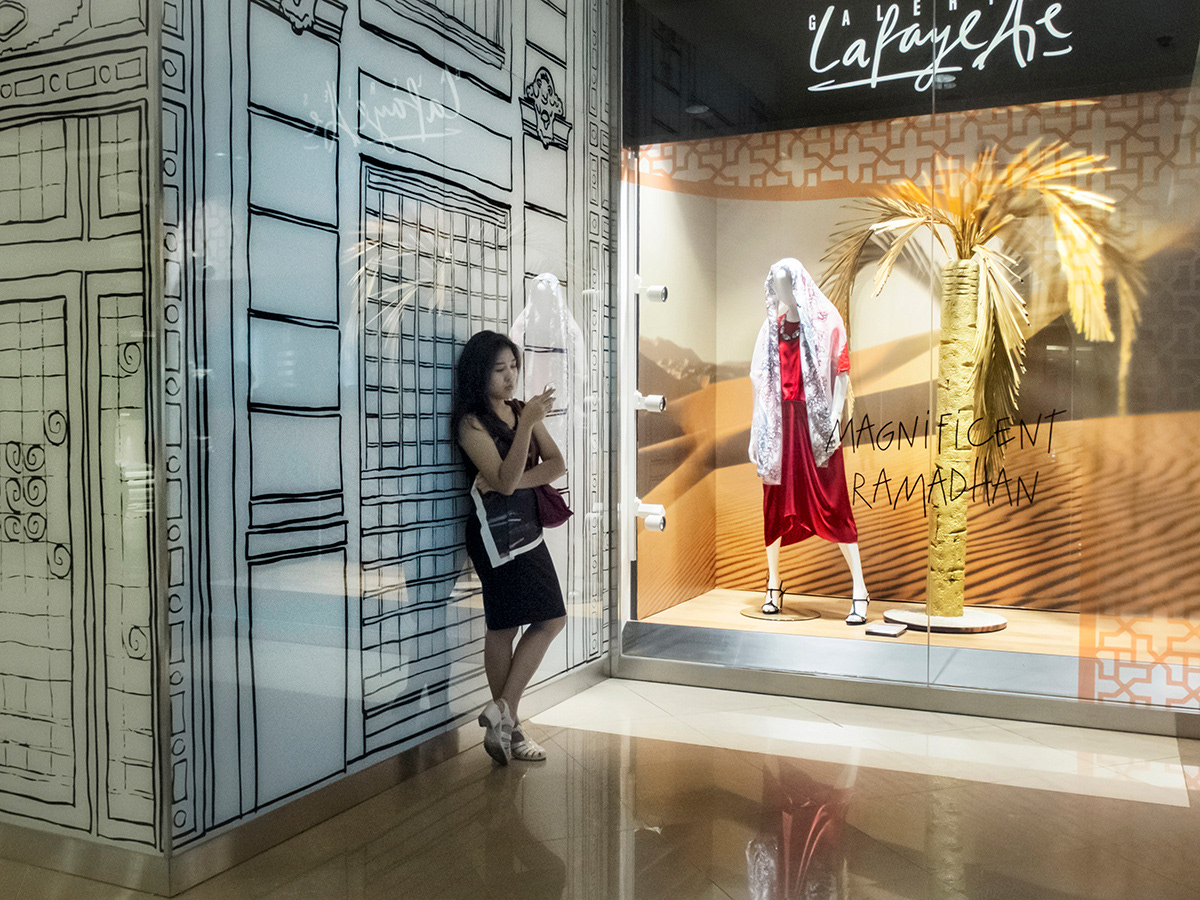
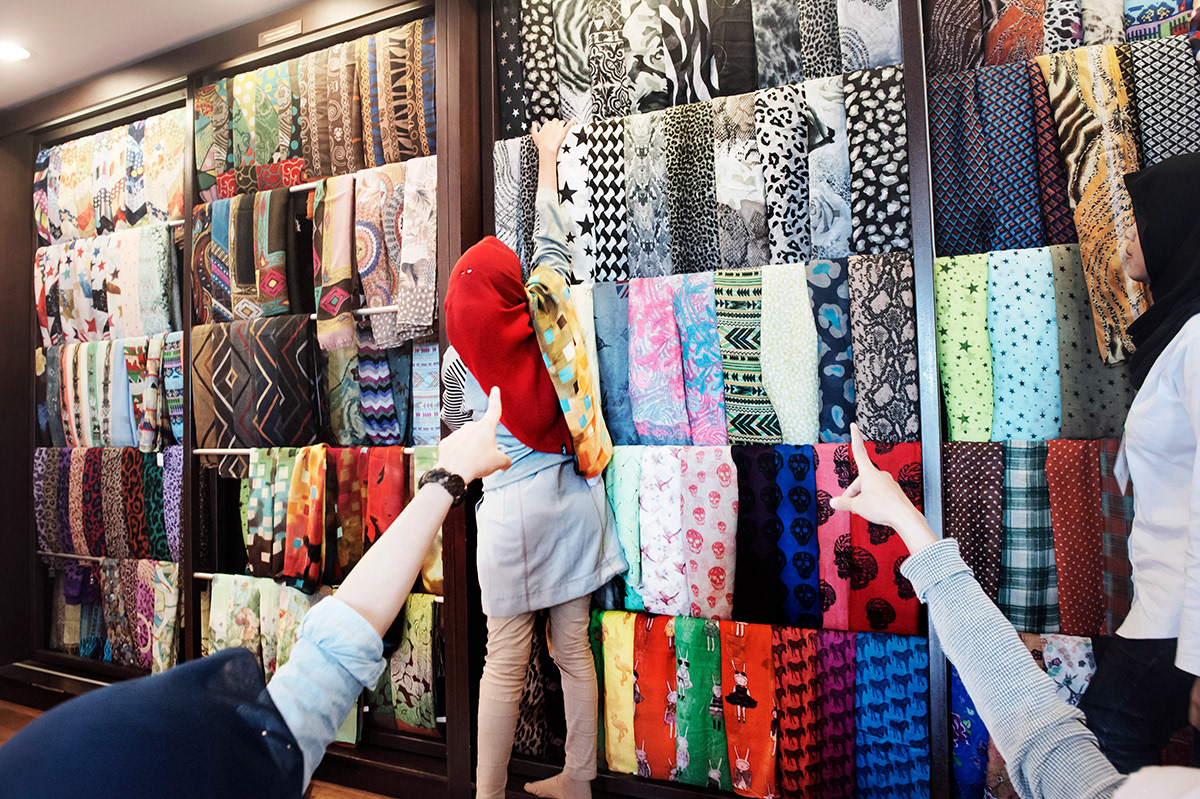
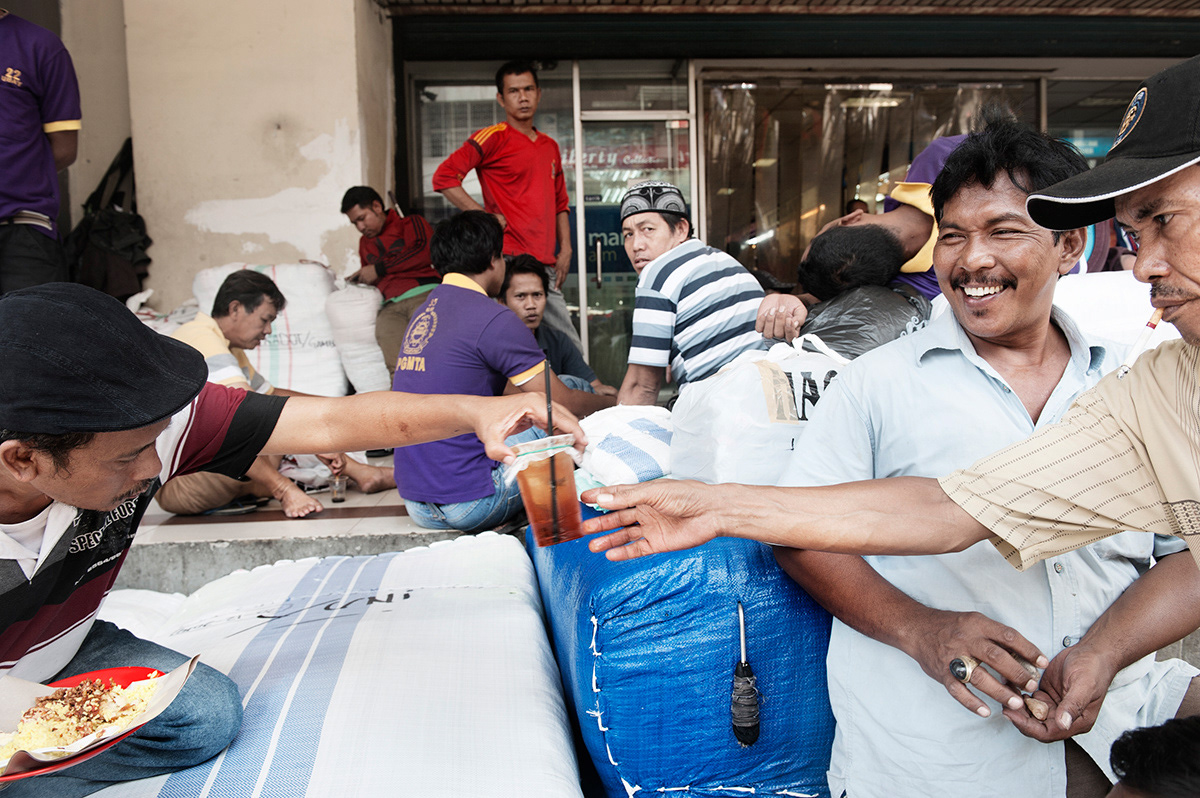
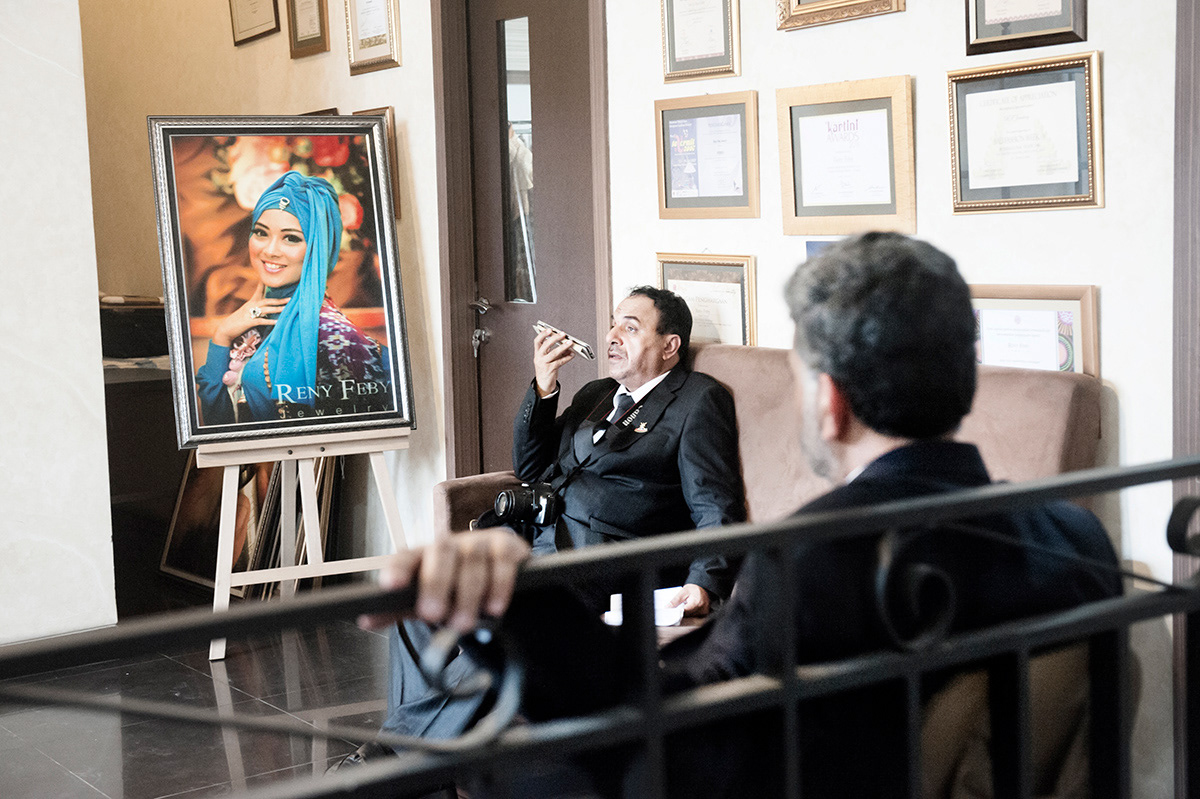
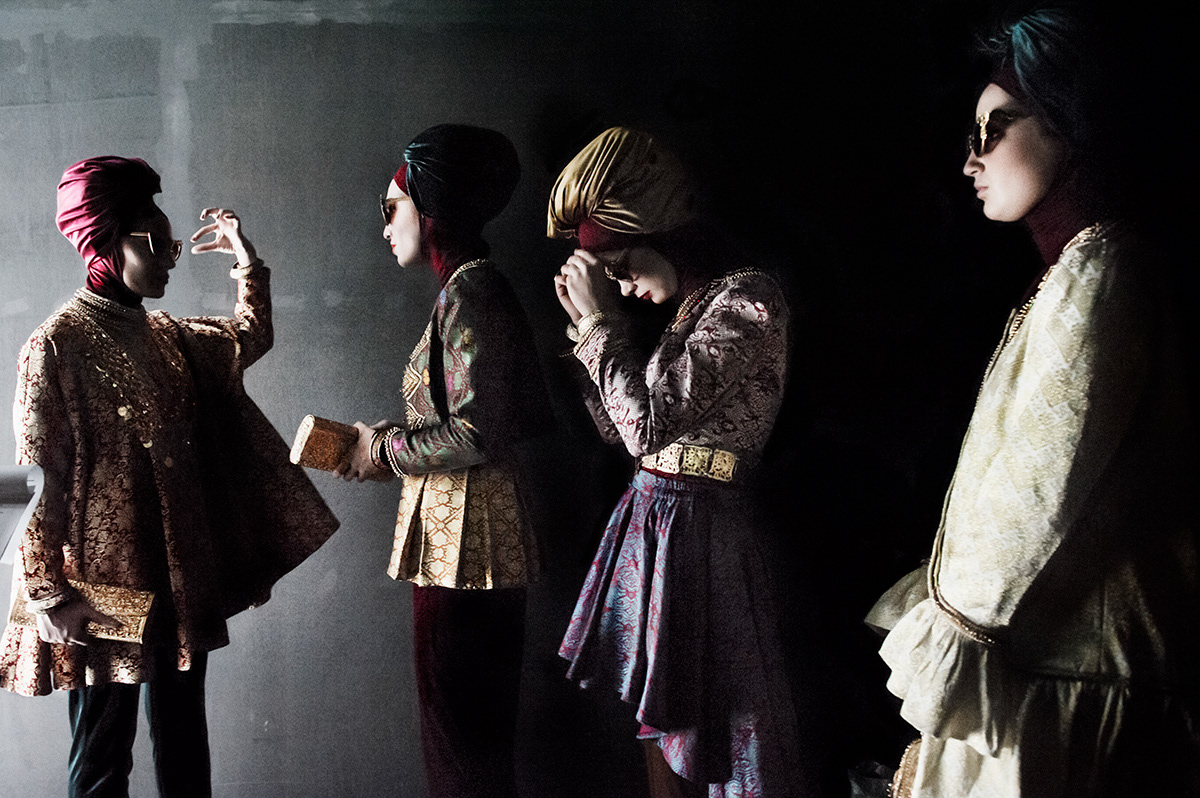
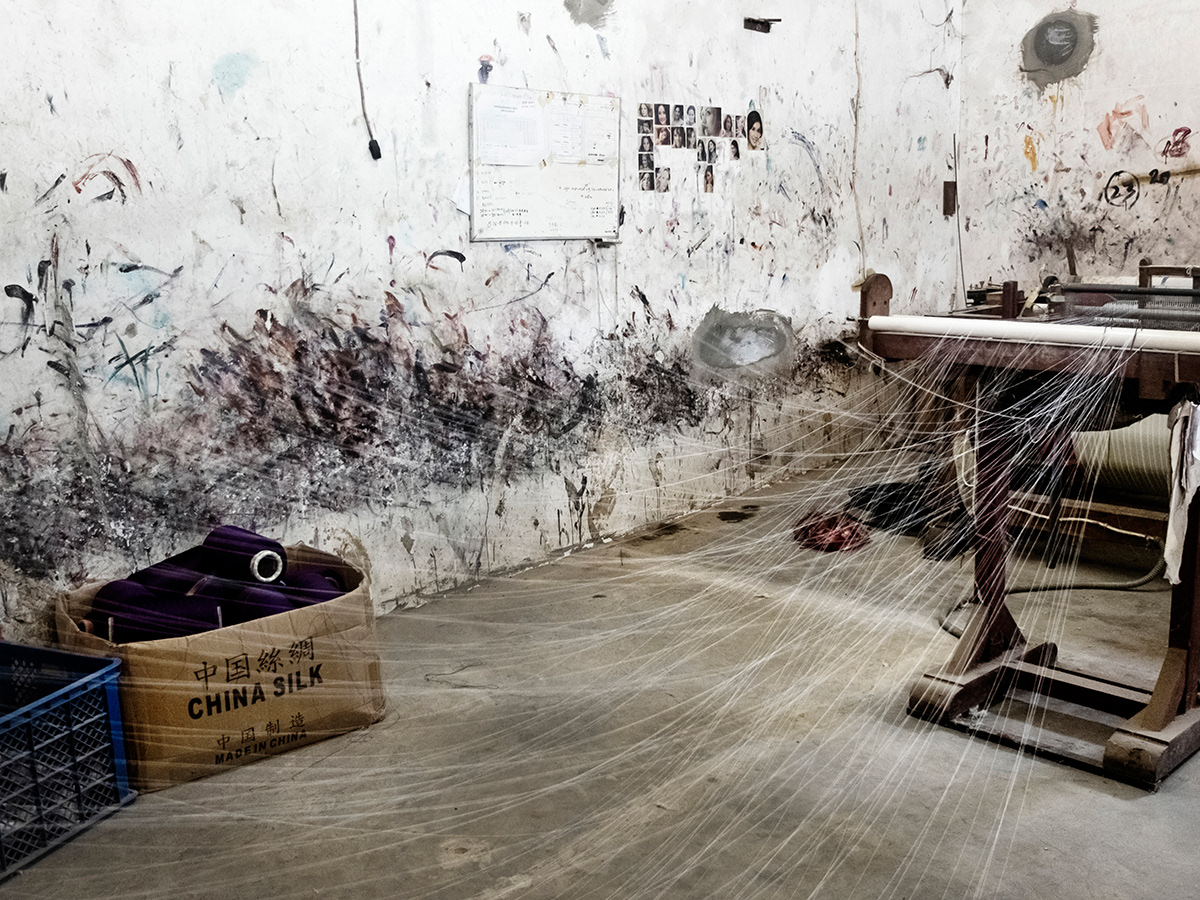
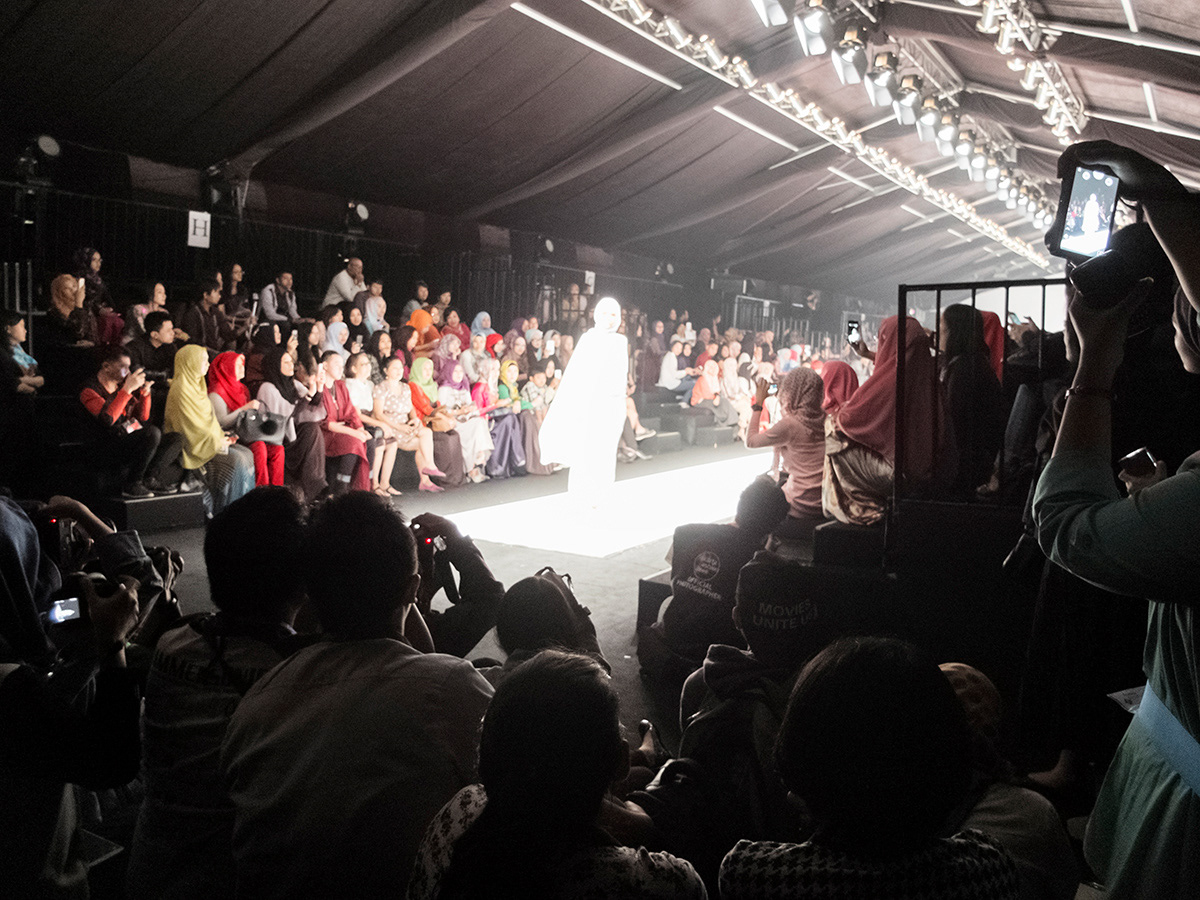
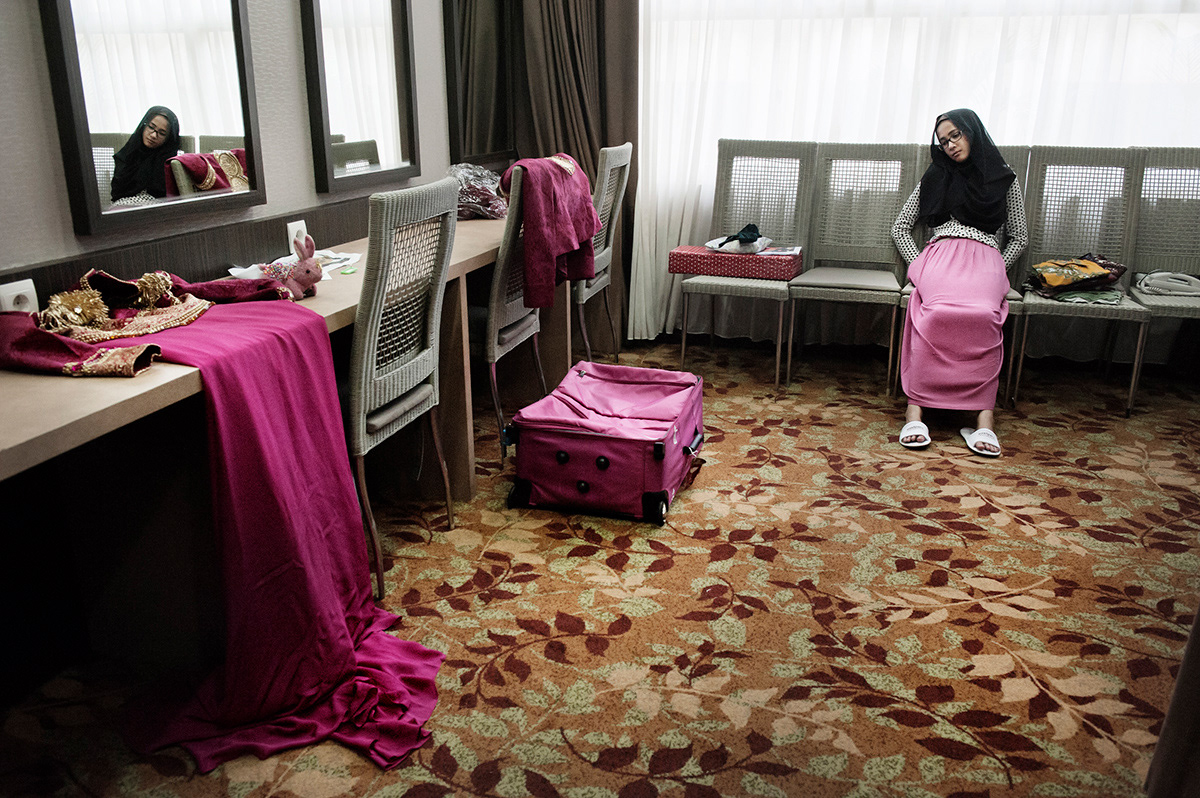
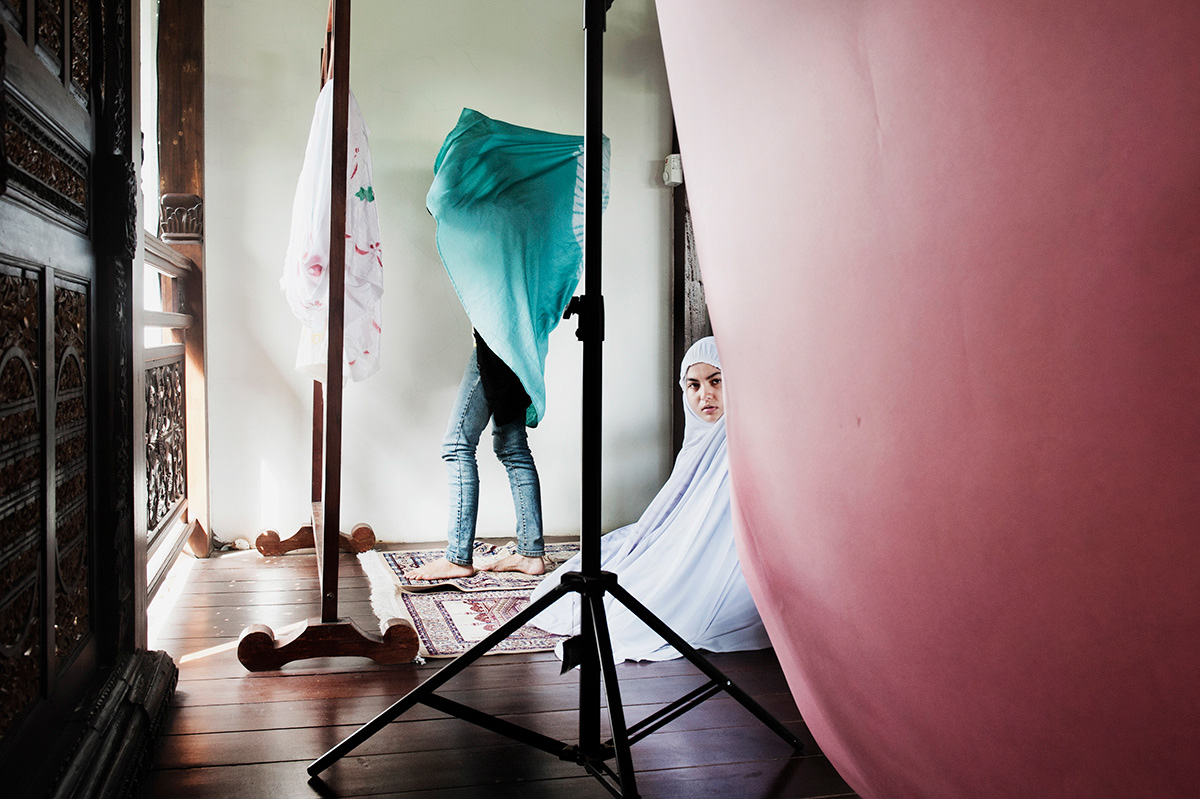
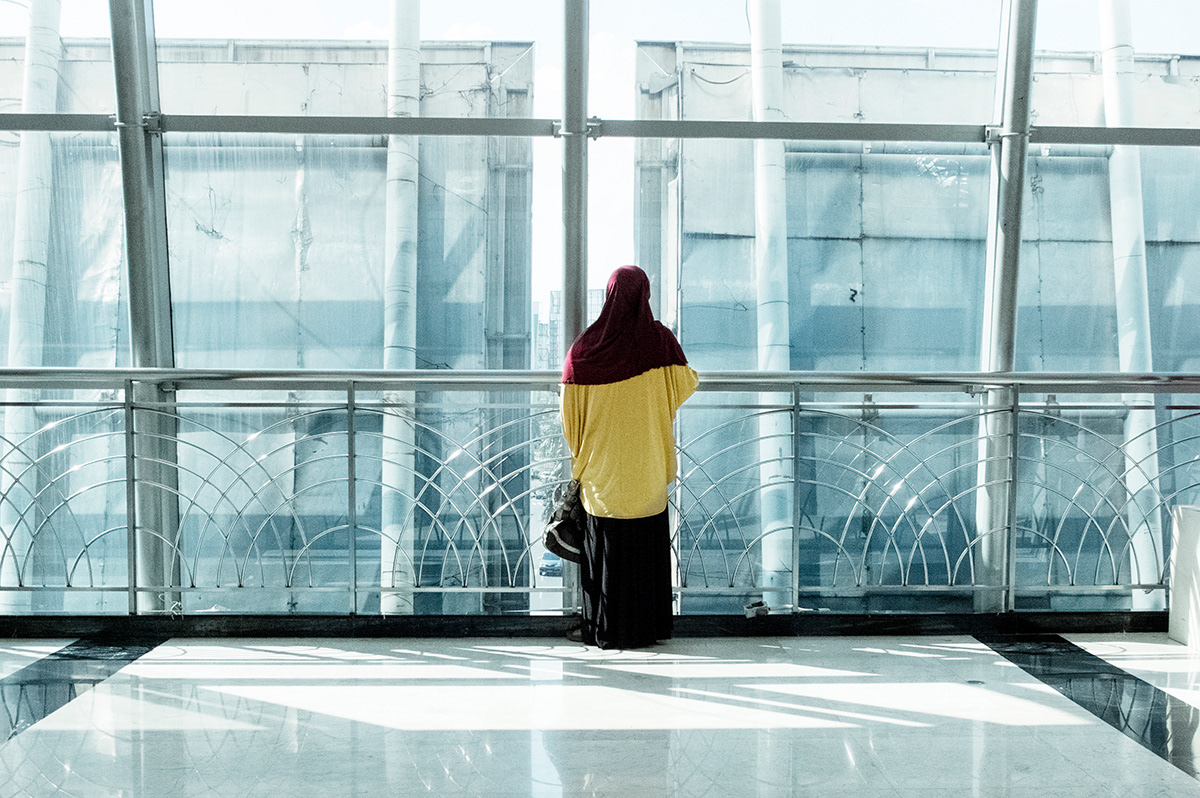
Indonesia is expected to become the Islamic fashion capital by 2020. It is the world’s fourth largest Muslim community. The government, realising the potential of the Muslim fashion industry, launched a programme to develop young talents for the international market. Long known as a relatively secular Muslim nation, Indonesia has seen an increase in the number of women wearing the hijab or Islamic dresses. This phenomenon started slowly in the early 90’s as a form of critique of the corrupt regime and became a fashion trend in recent years. In 2009 a group of young bloggers and designers started the Hijabers Community. At the beginning the purpose was to share tips and experience related to hijab and girls issues. Then facilitated by the popularity of social media, it became an all-female network that helped setting trends and encouraged consumers to be more fashion-conscious. The movement went along with the growth of local Muslim fashion and the development of a “neo-traditional” style in garment design. This innovative approach takes inspiration from the vivid colours and rich textiles which are part of the Indonesian heritage and adapts them to the Western trends in tailoring, while maintaining sufficient modesty to adhere to Islamic rules. As a result, the seemingly uprising Islamic conservativeness transformed fashion from something expensive and imported into an expression of local identity. Now the designers reached the status of local celebrities and started a campaign to raise awareness of the importance of buying local products. The country, often associated with the mass production of clothes, has been given an opportunity to achieve credibility as a source of innovative design and creativity. The development of the local industry has also contributed to the increase of number of women directly involved in the business. From fashion designers to entrepreneurs, photographers, editors, model agencies, etc. all the business is run by women and fully supported by the Muslim community.Considering Muslim fashion as a key element of a cultural and economic development strategy, the government teamed up with private institutions to promote Indonesian designers. They organise annual fashion events, such as: Jakarta Fashion Week, Indonesia Fashion Week, the national Muslim beauty pageant, and various events in the embassies of Indonesia across the world.